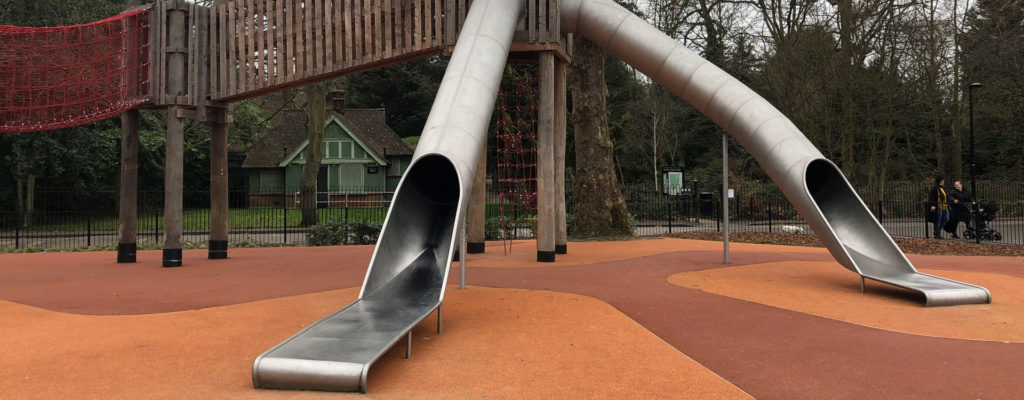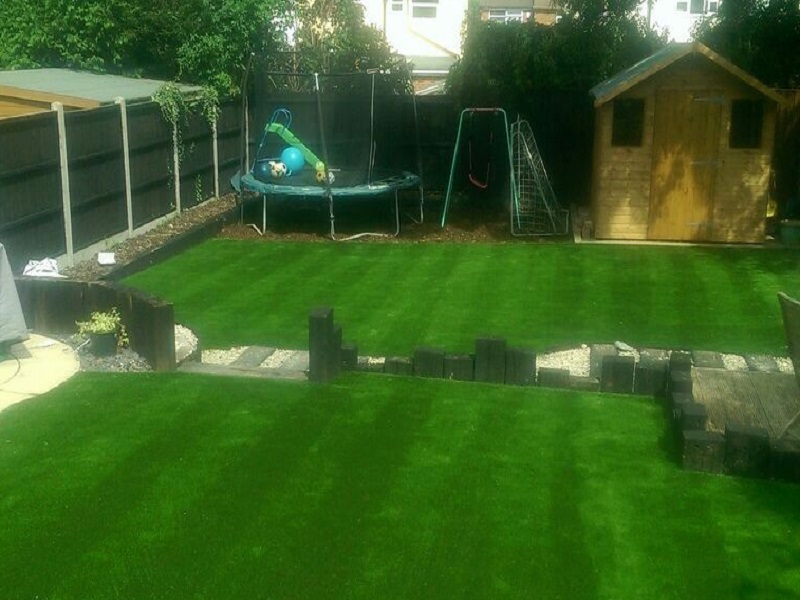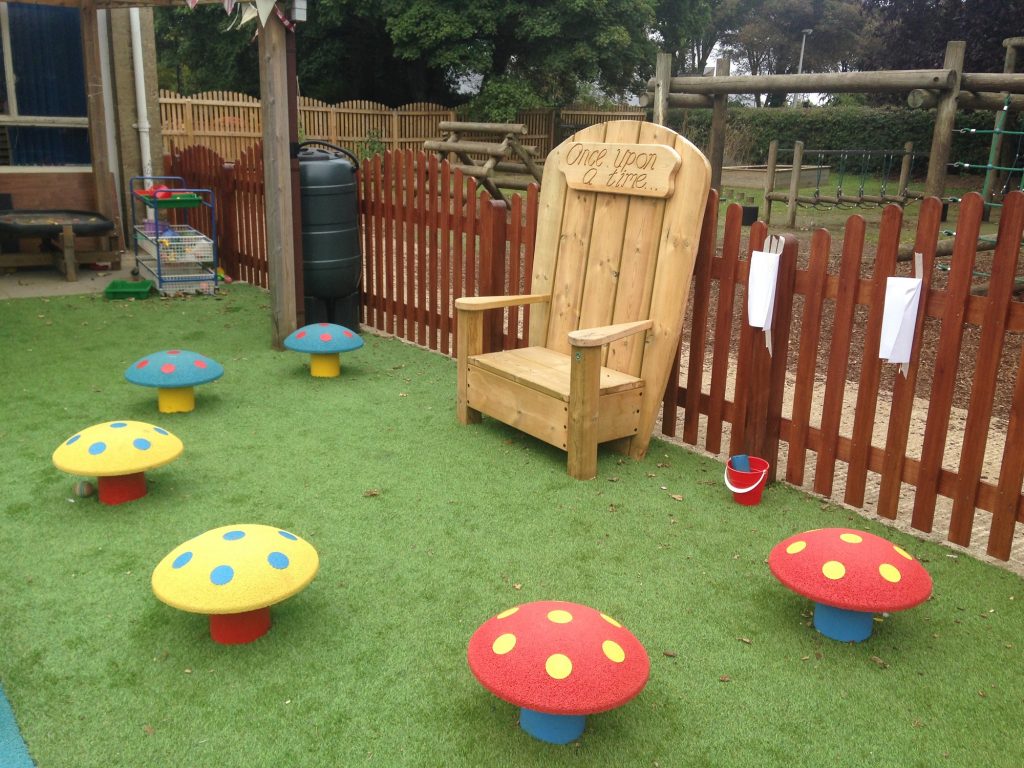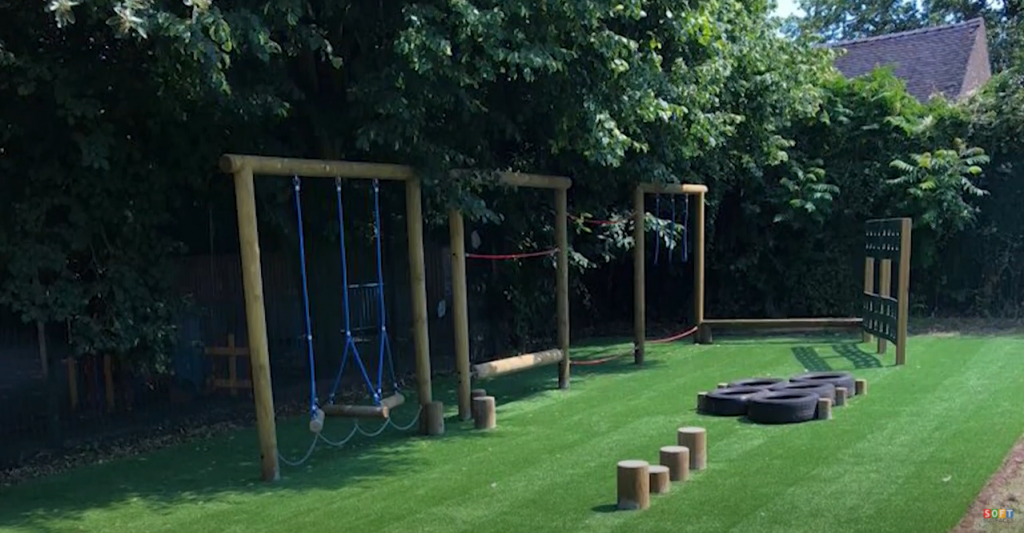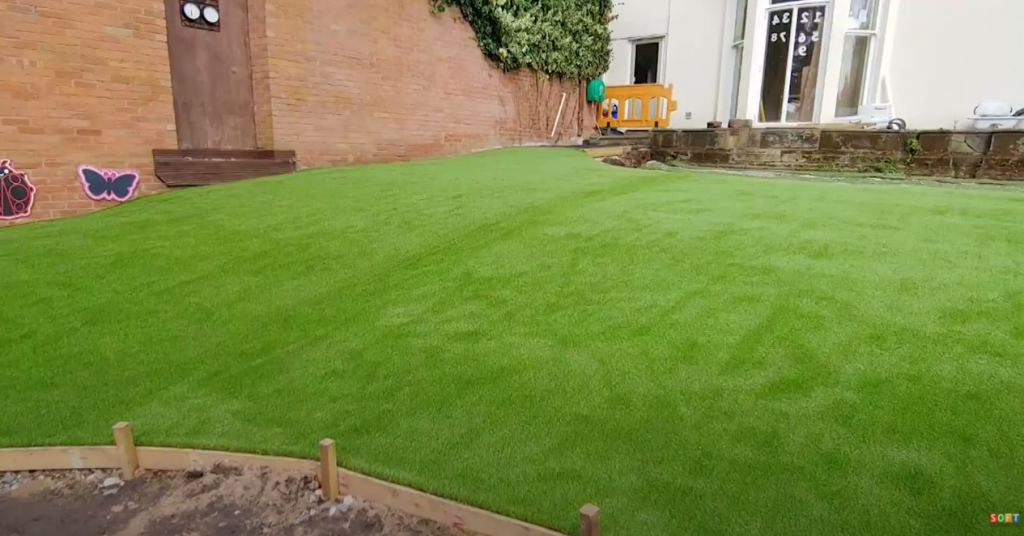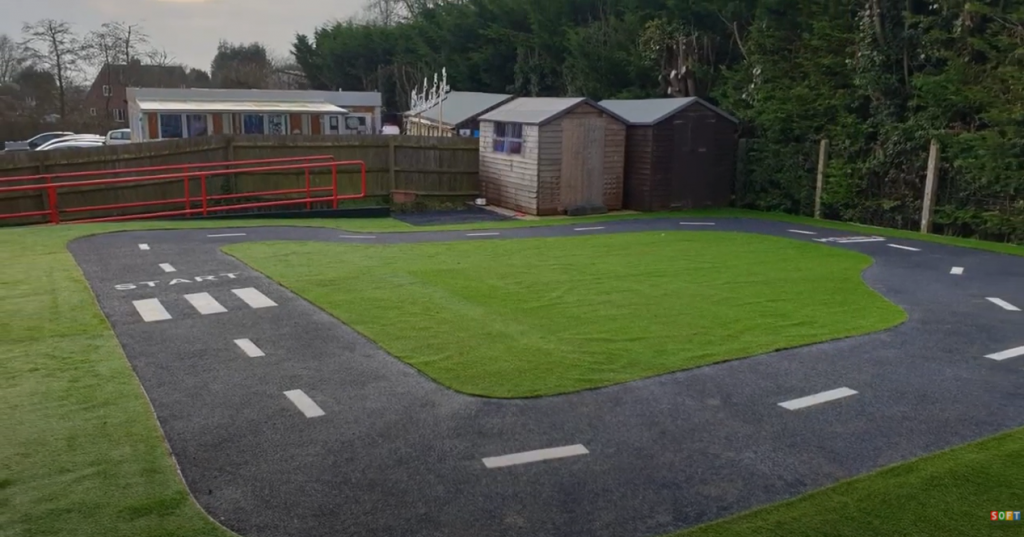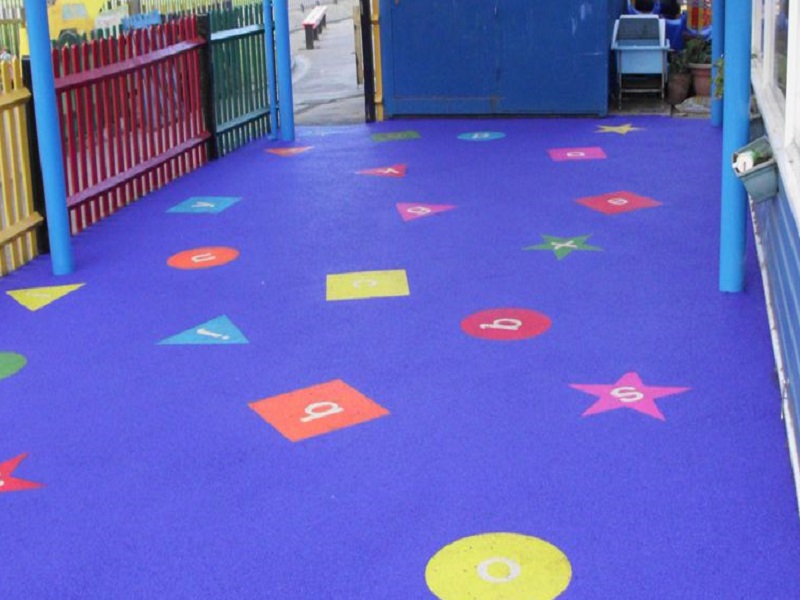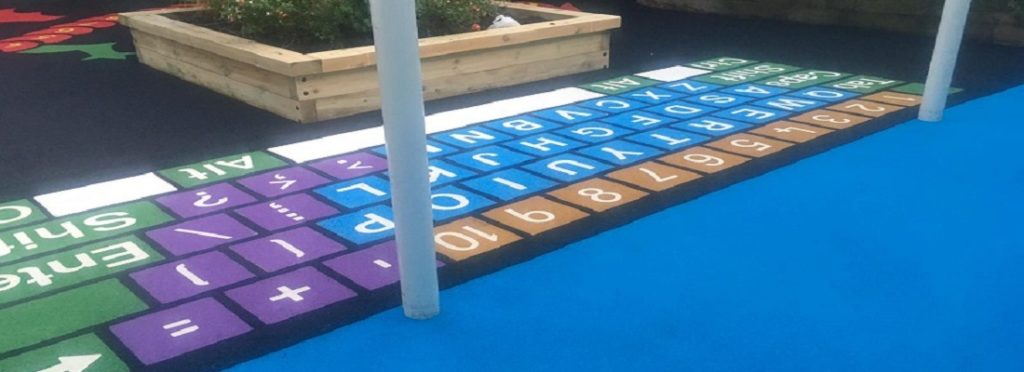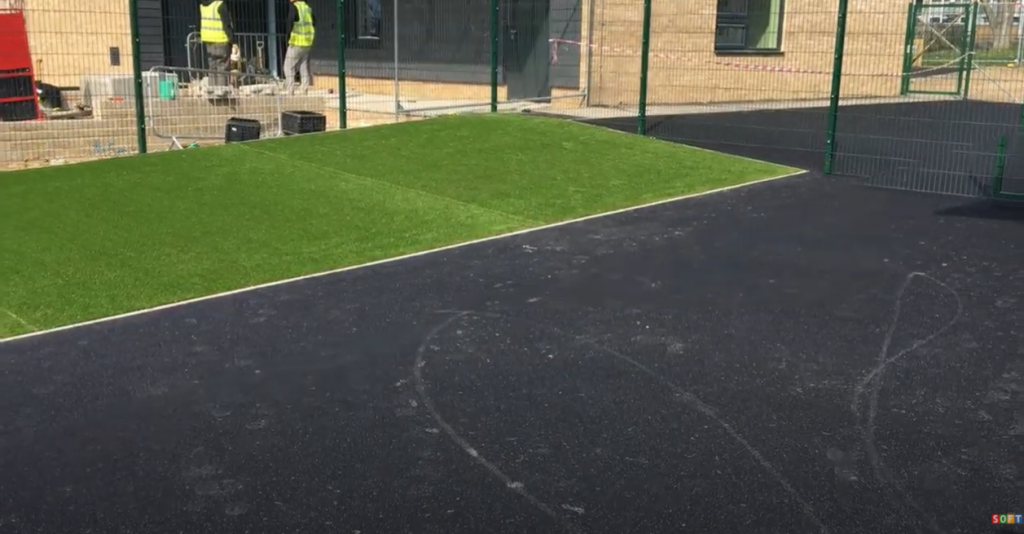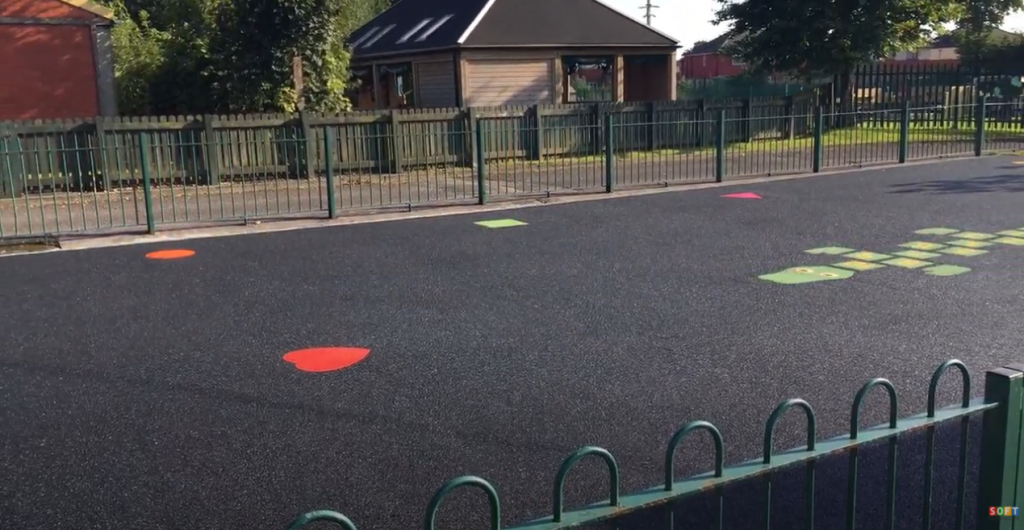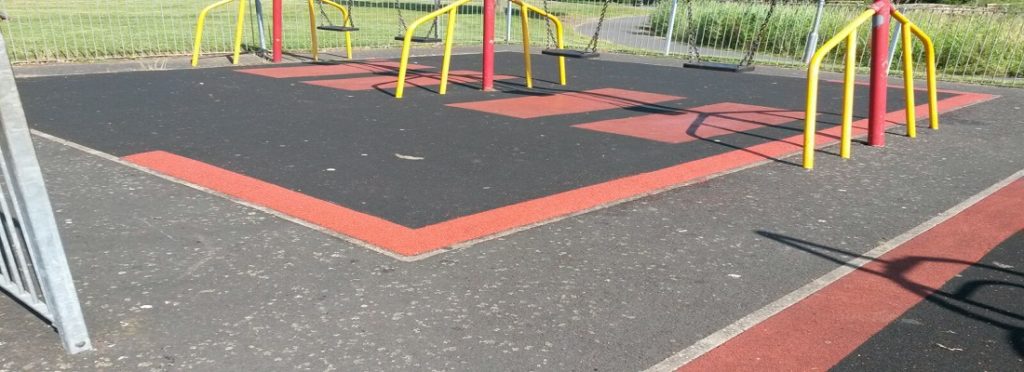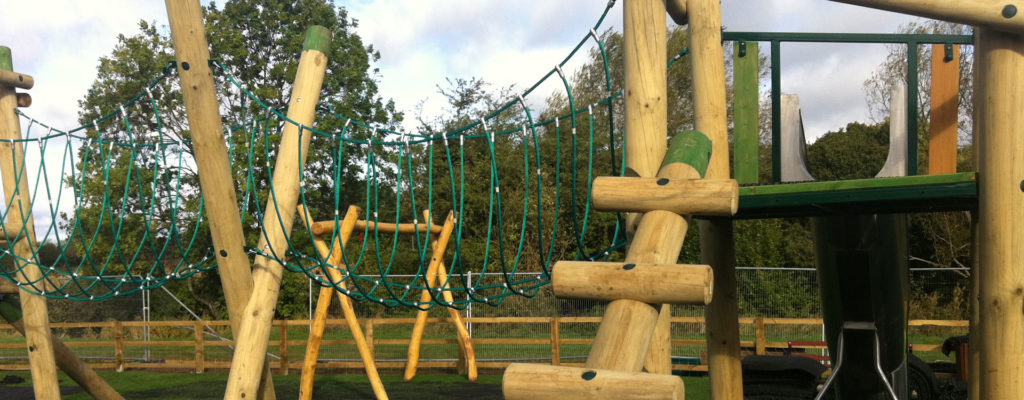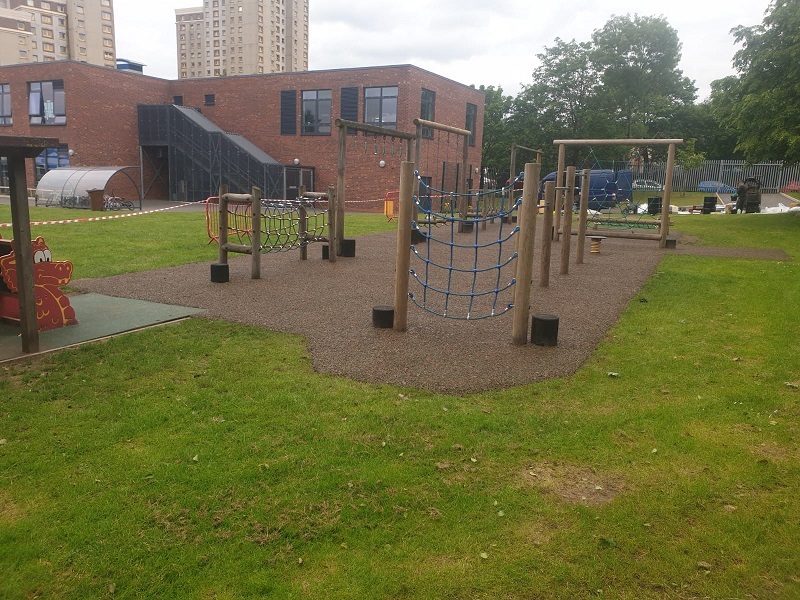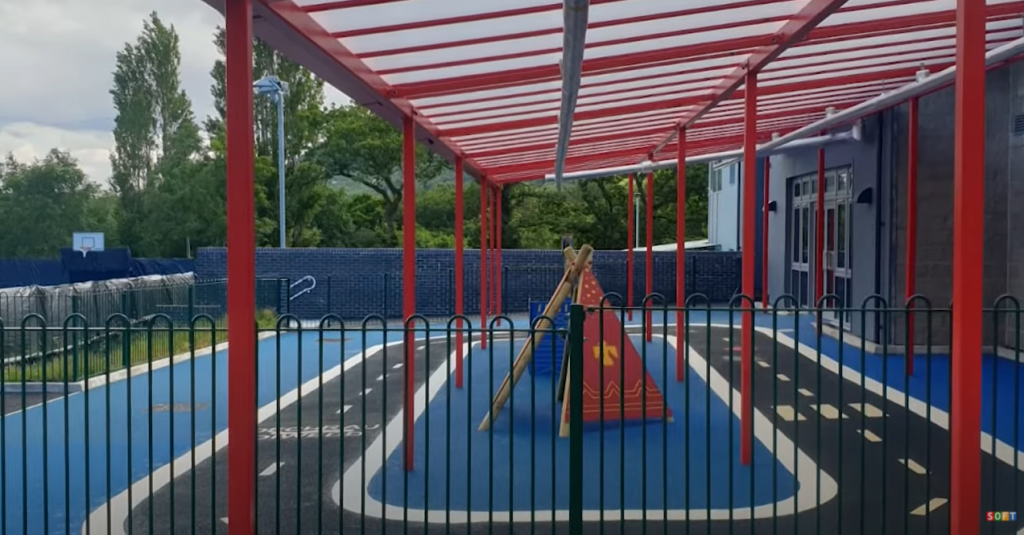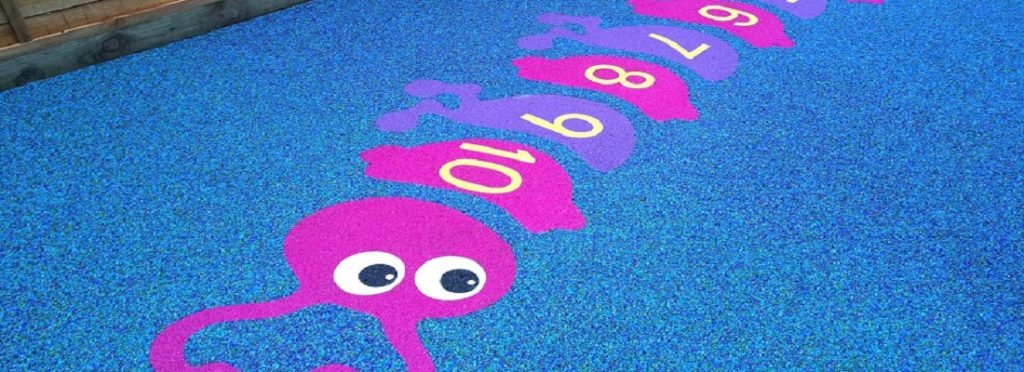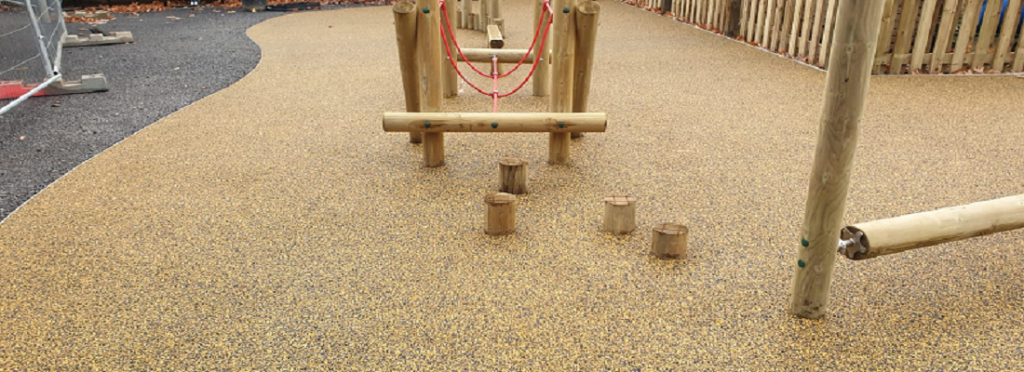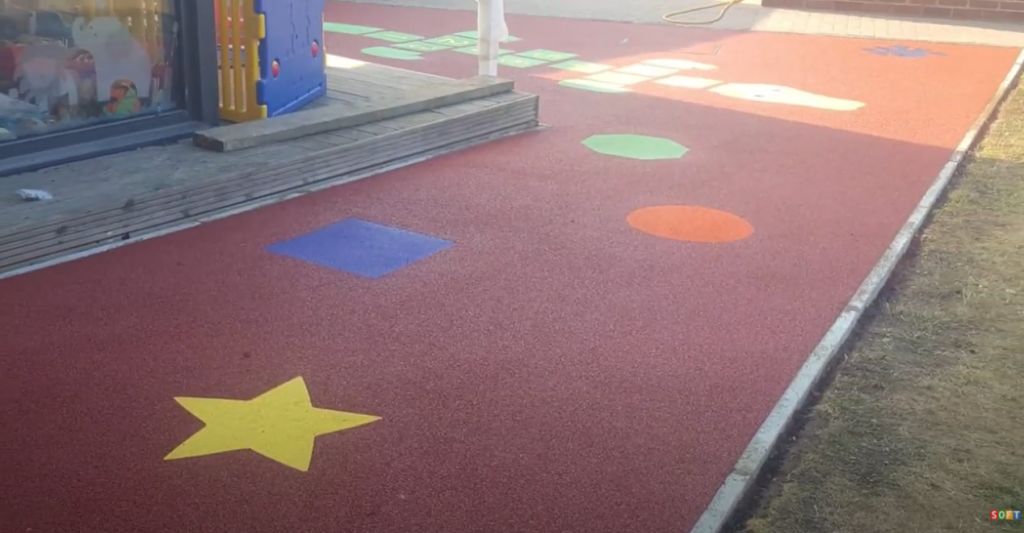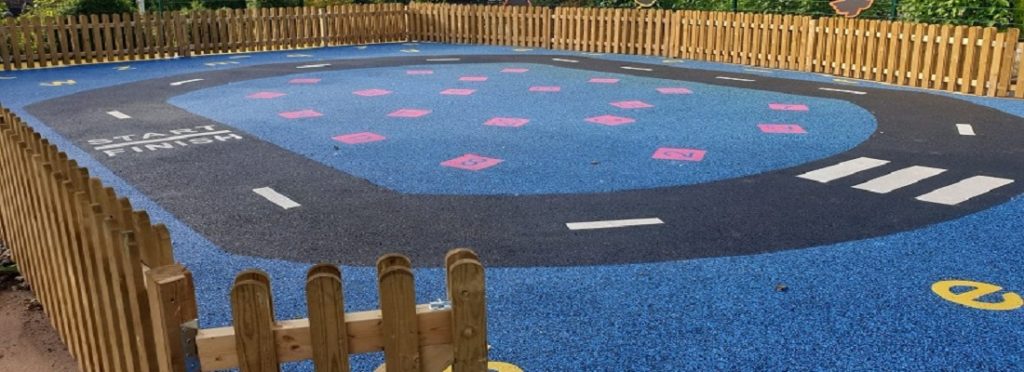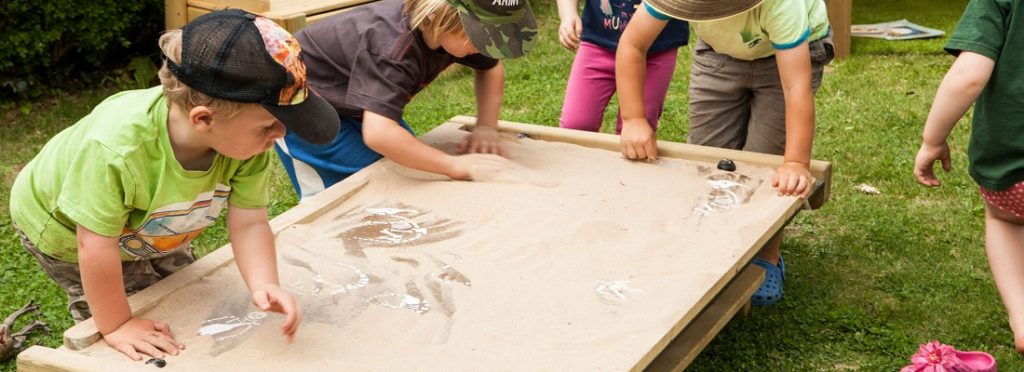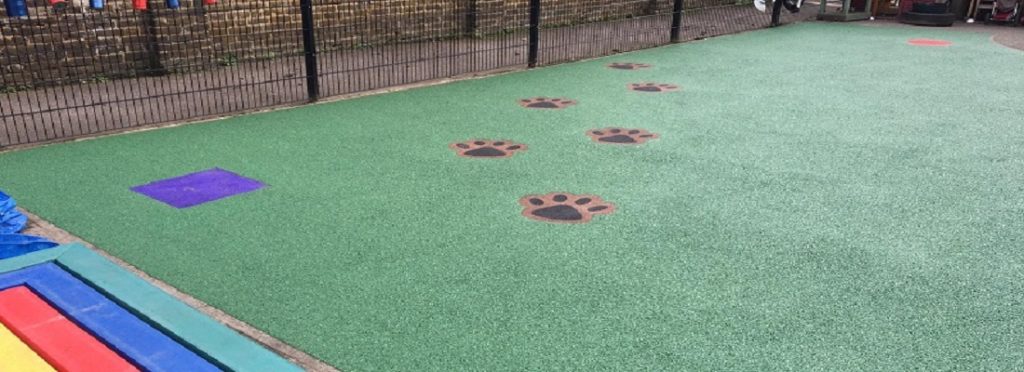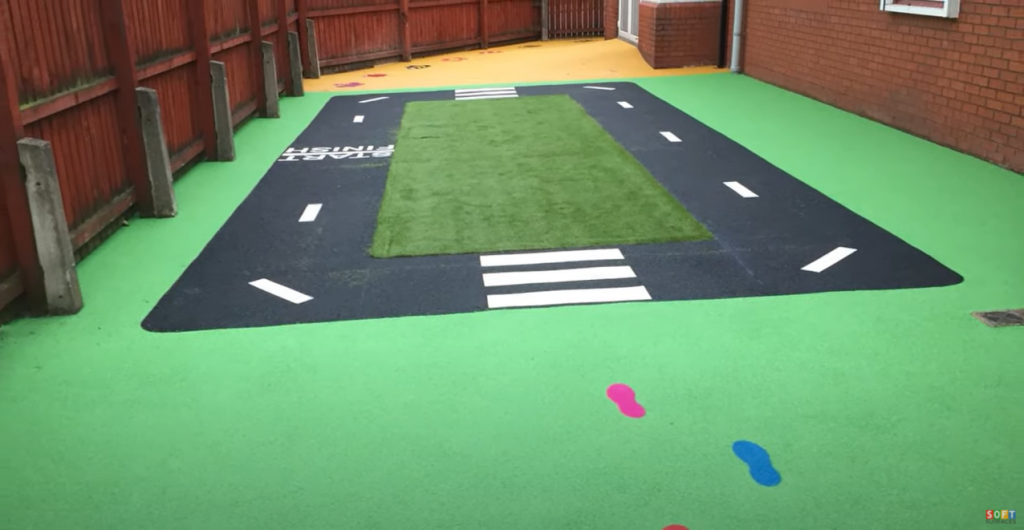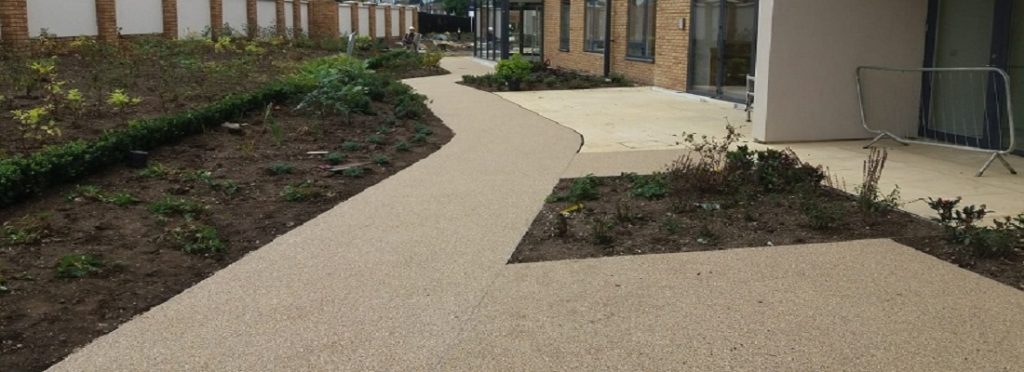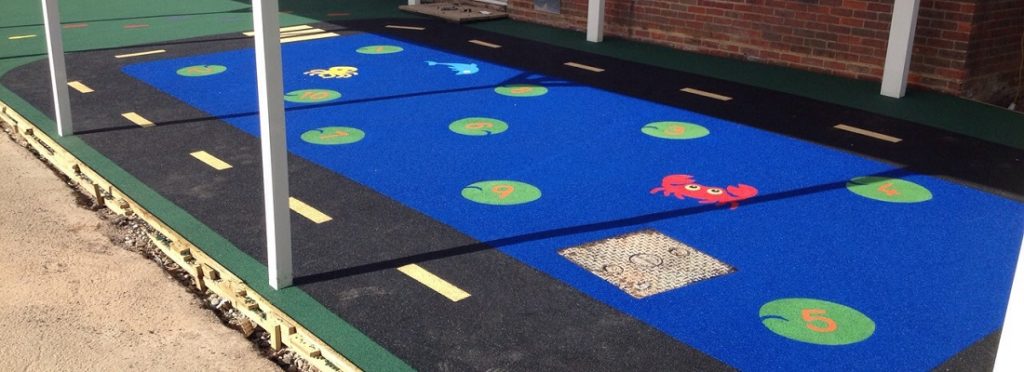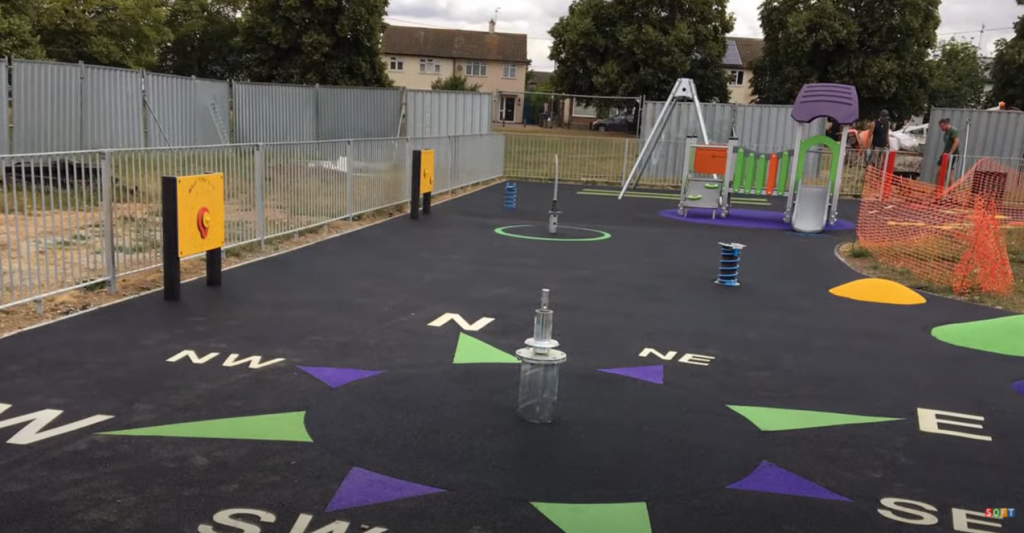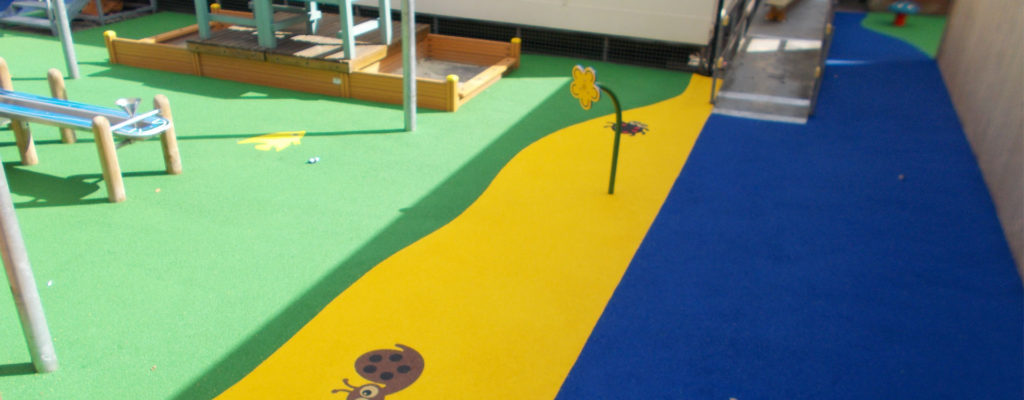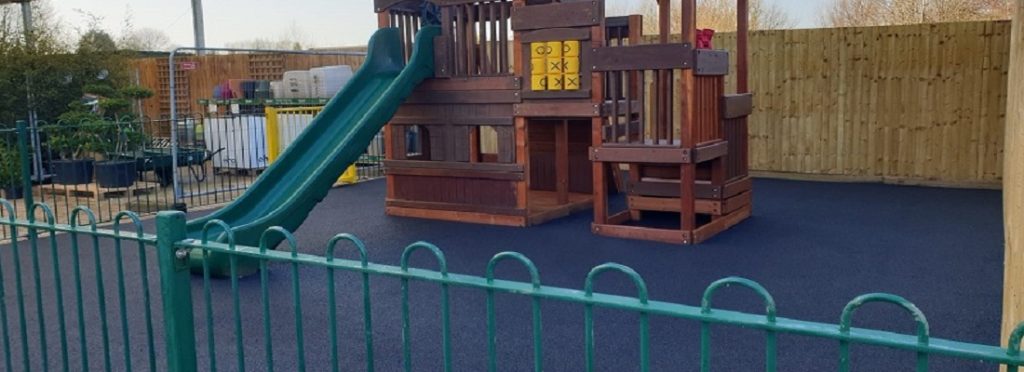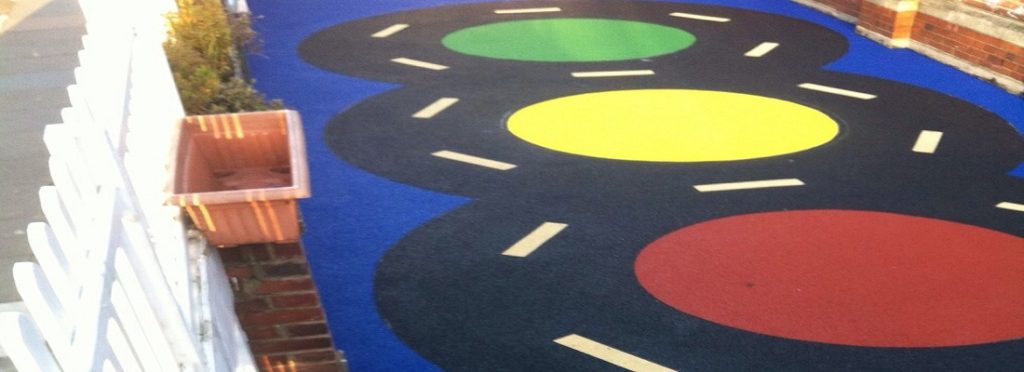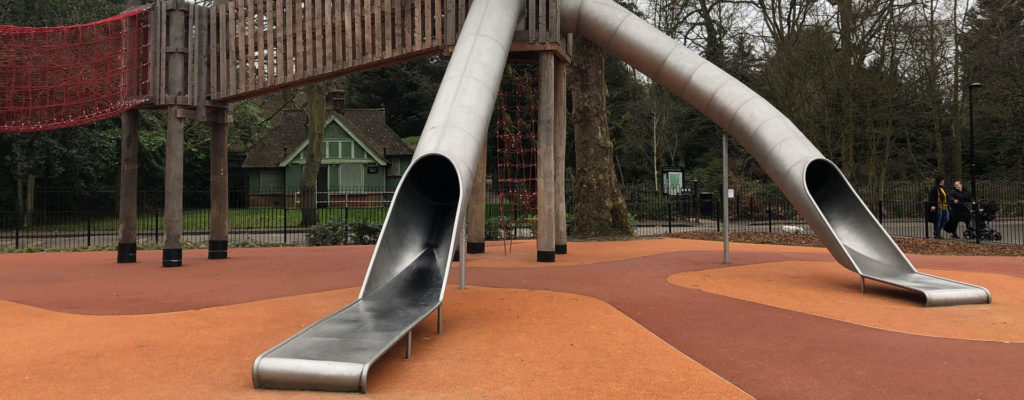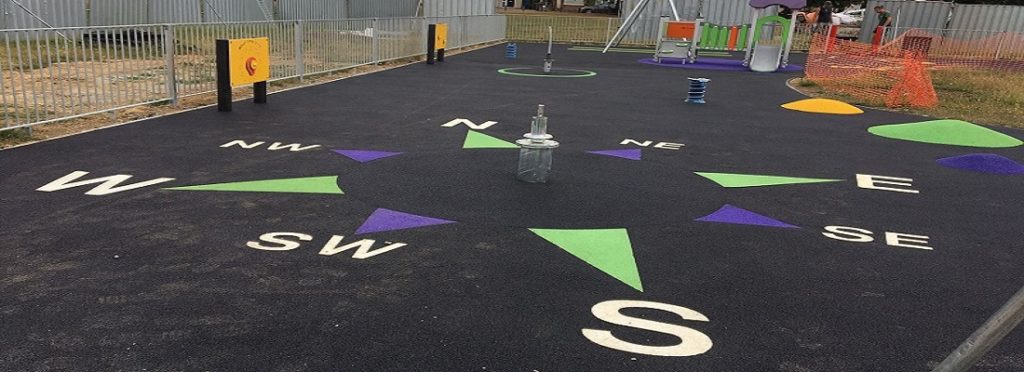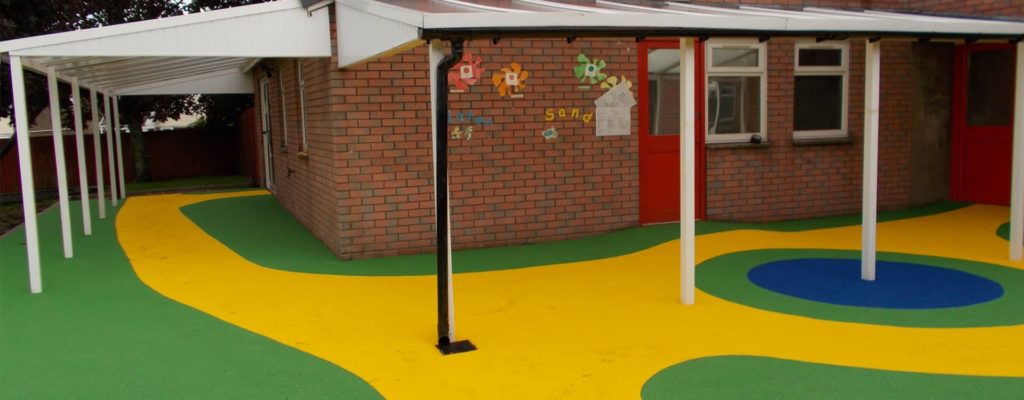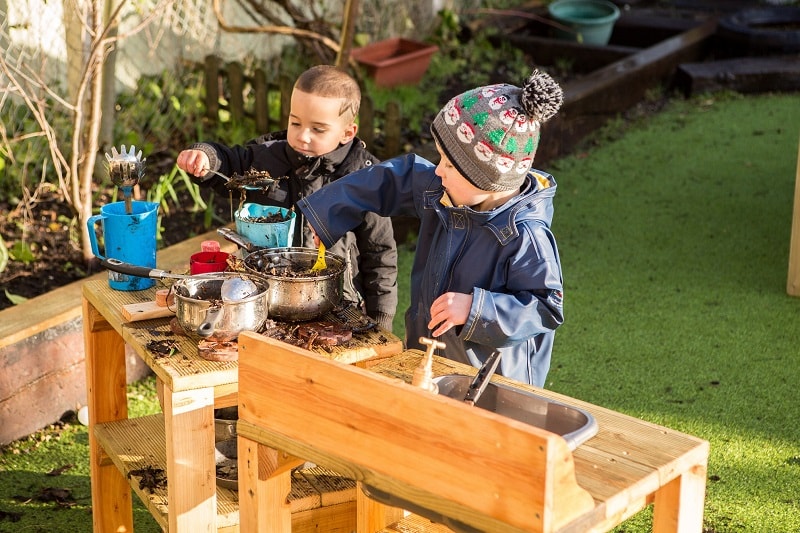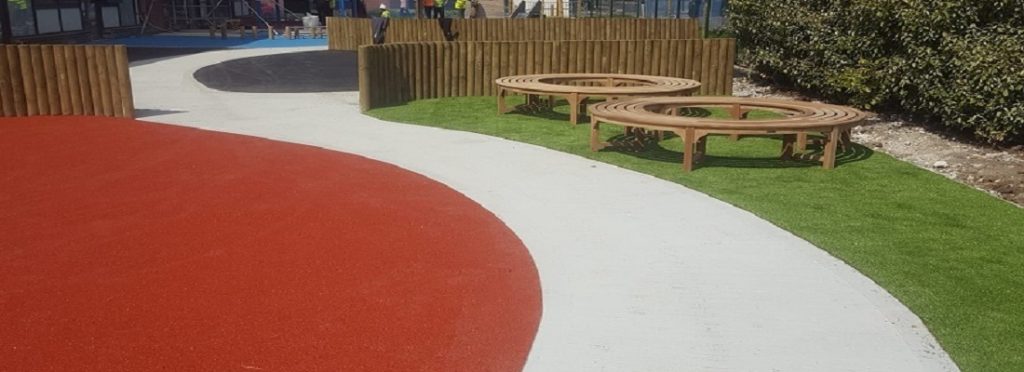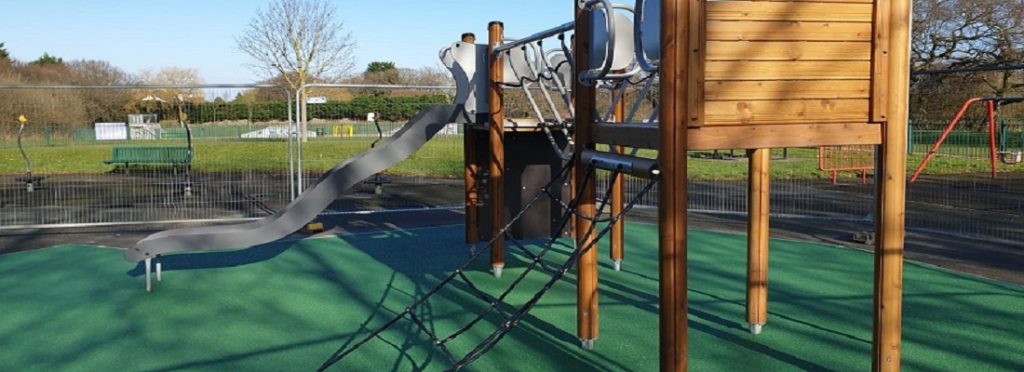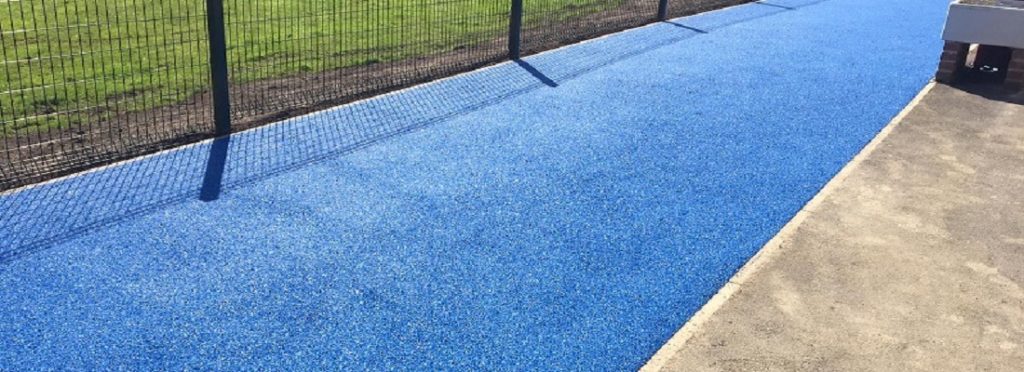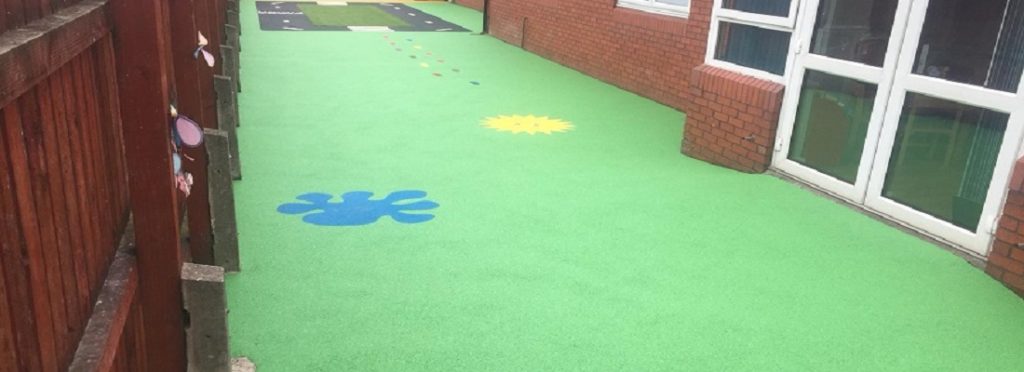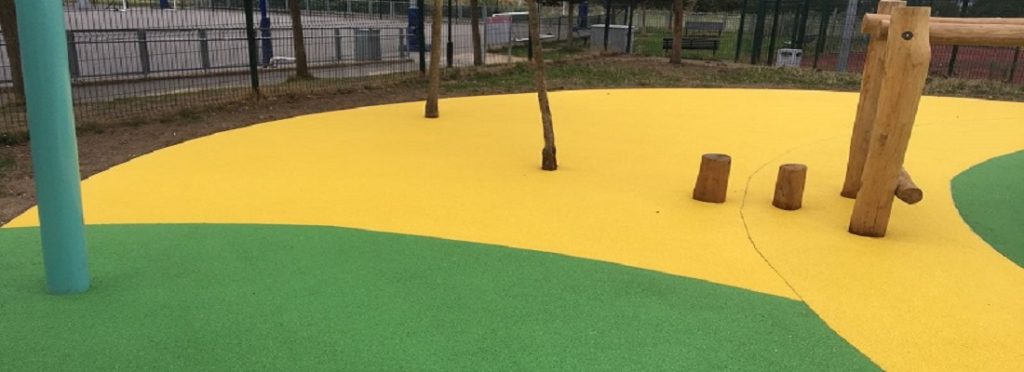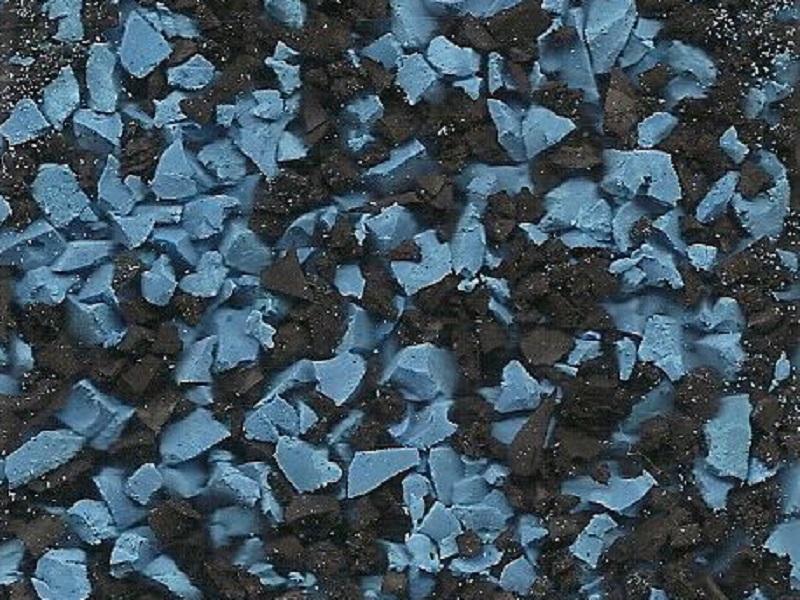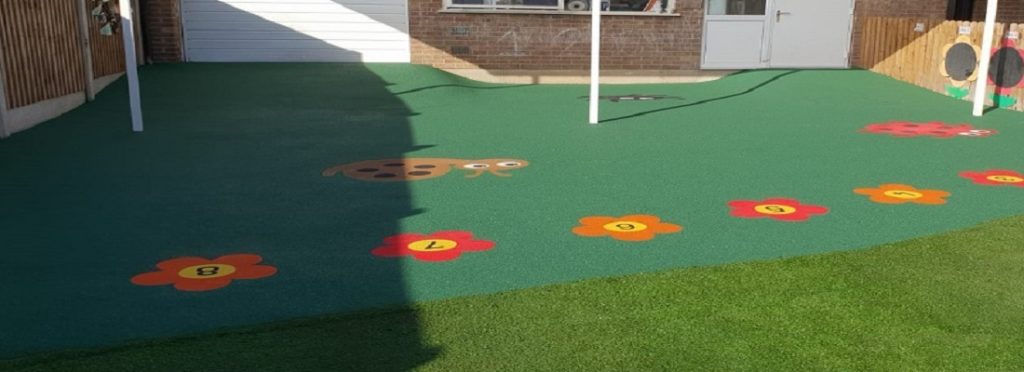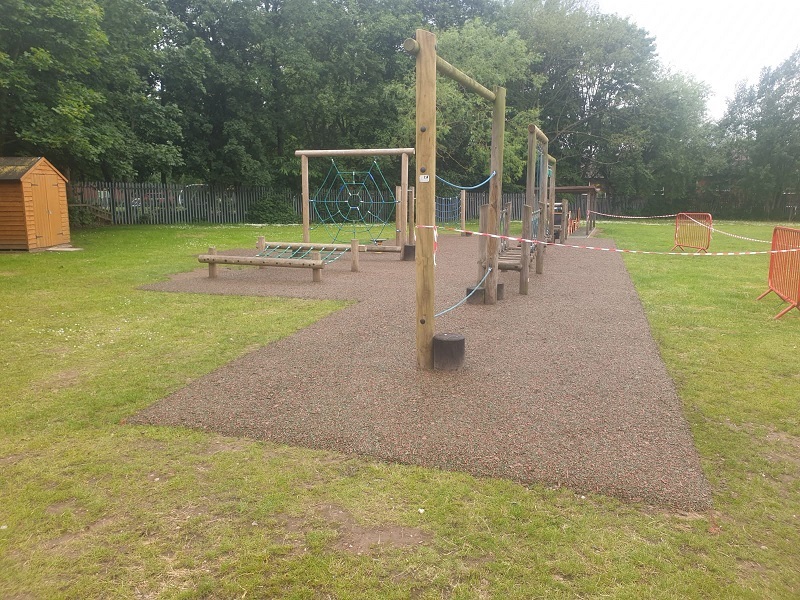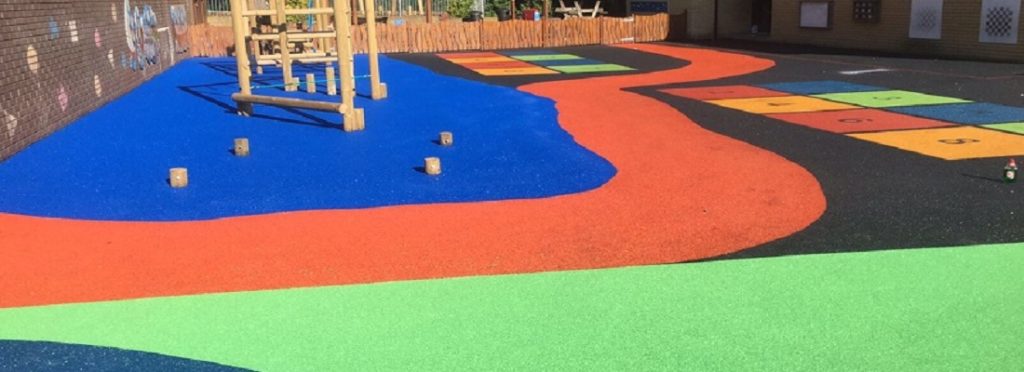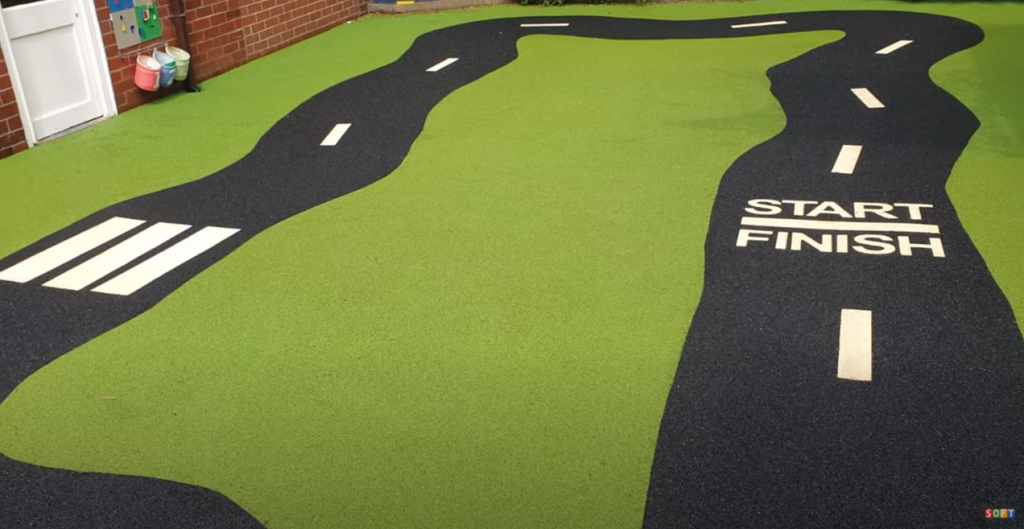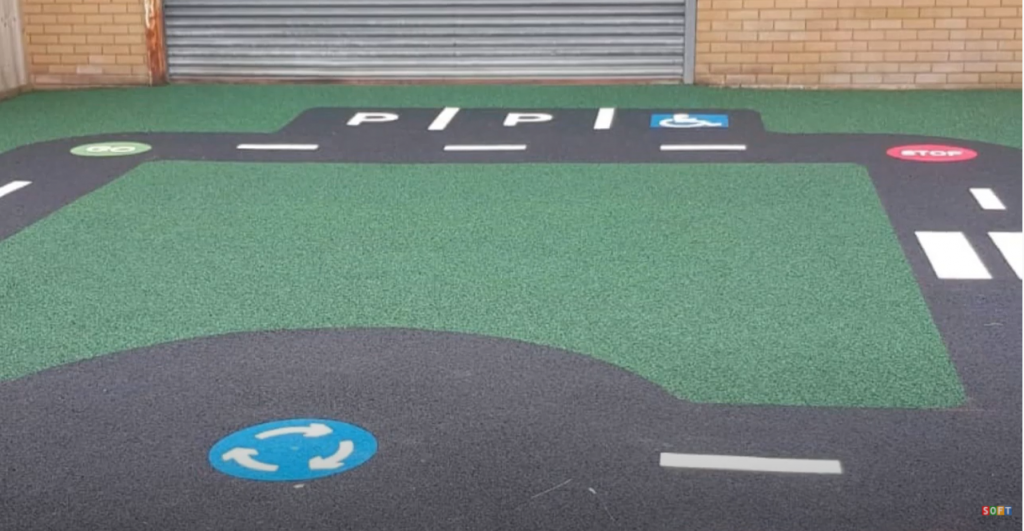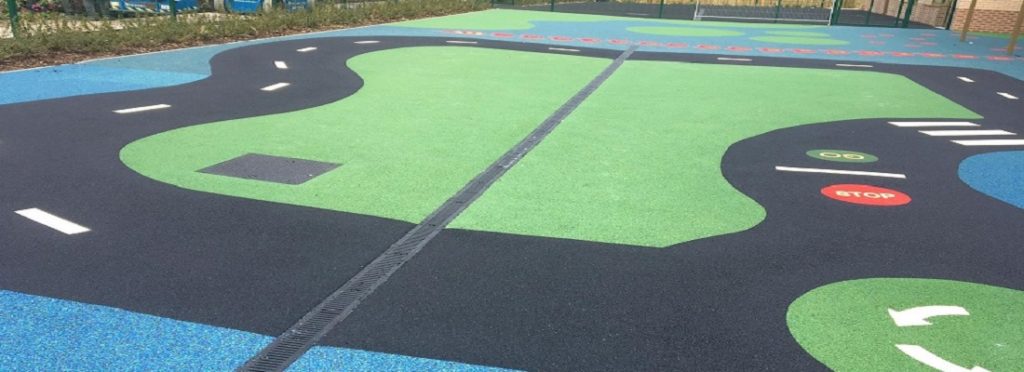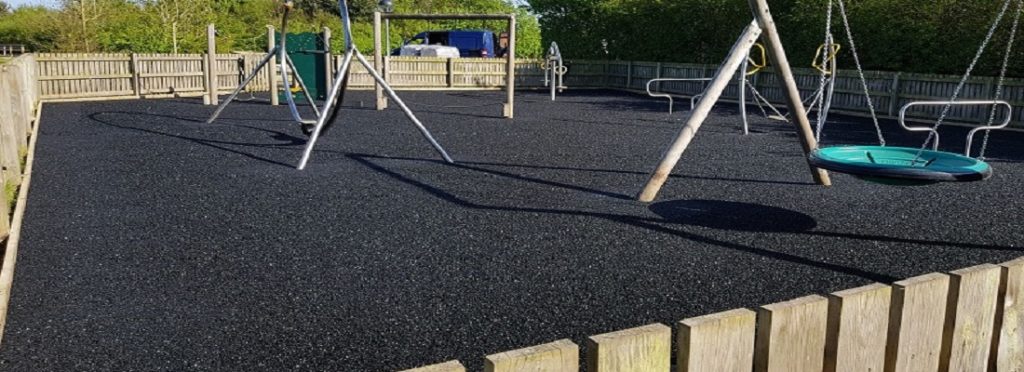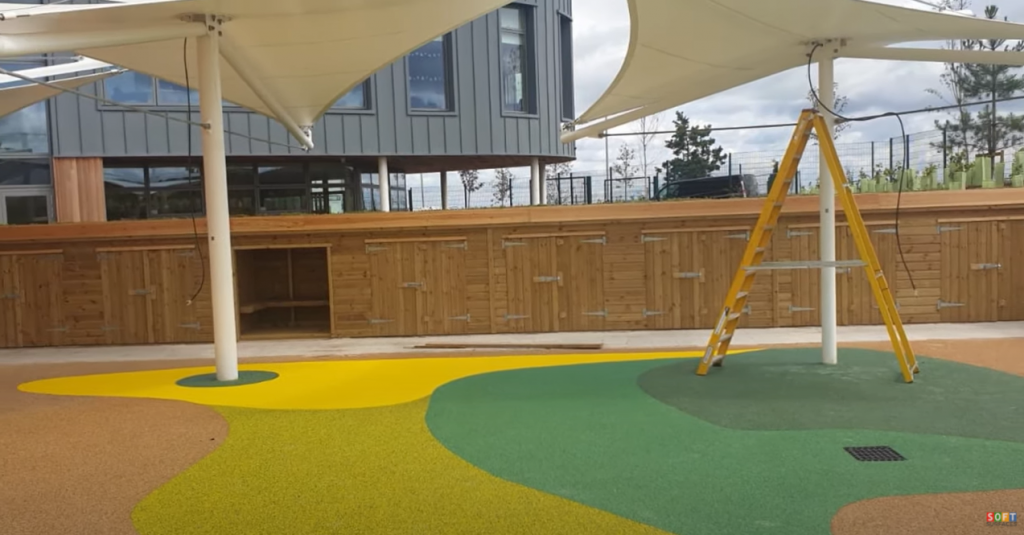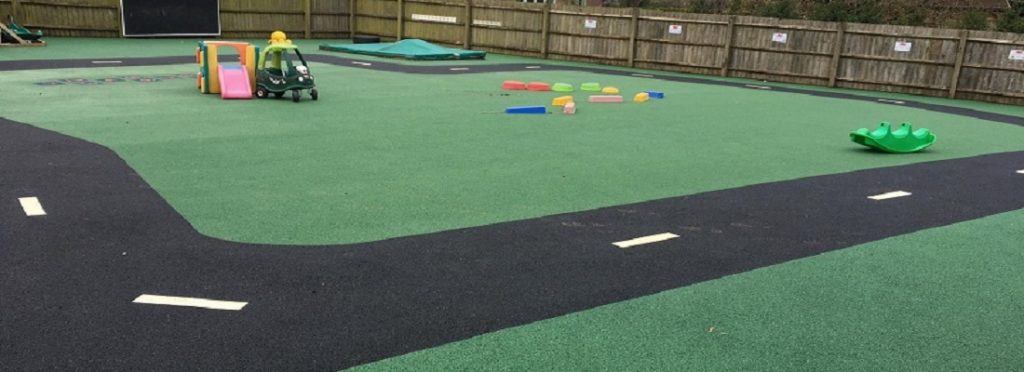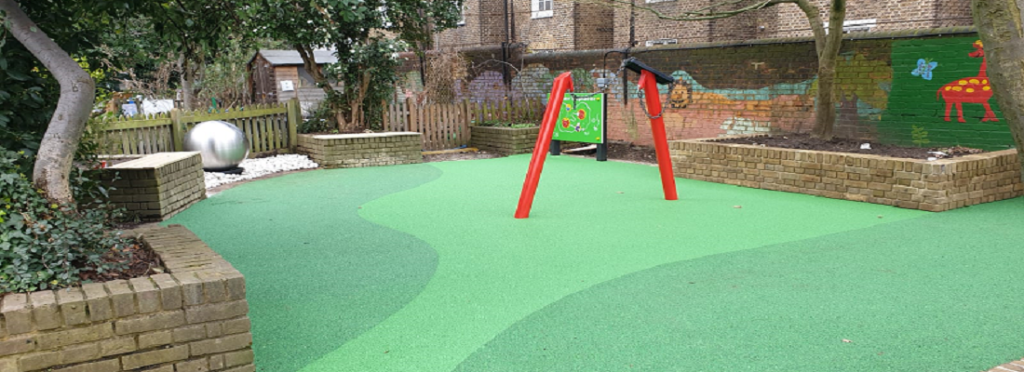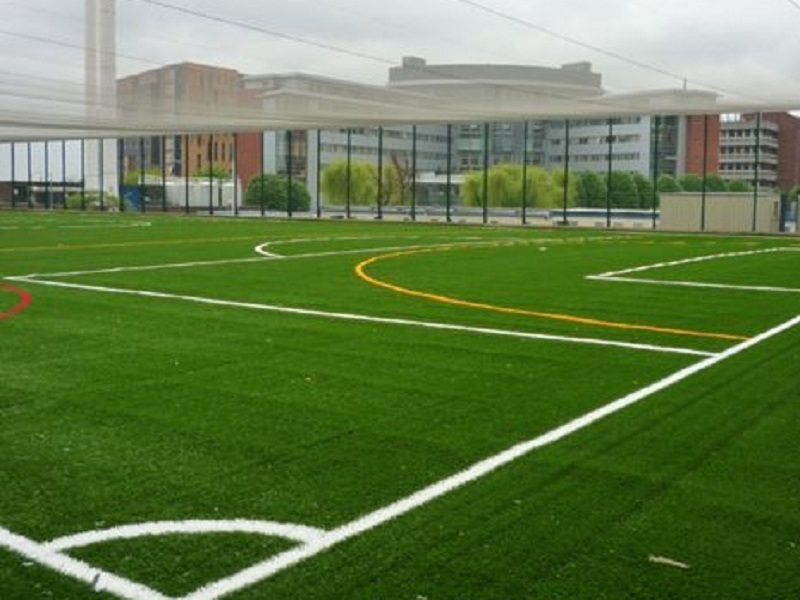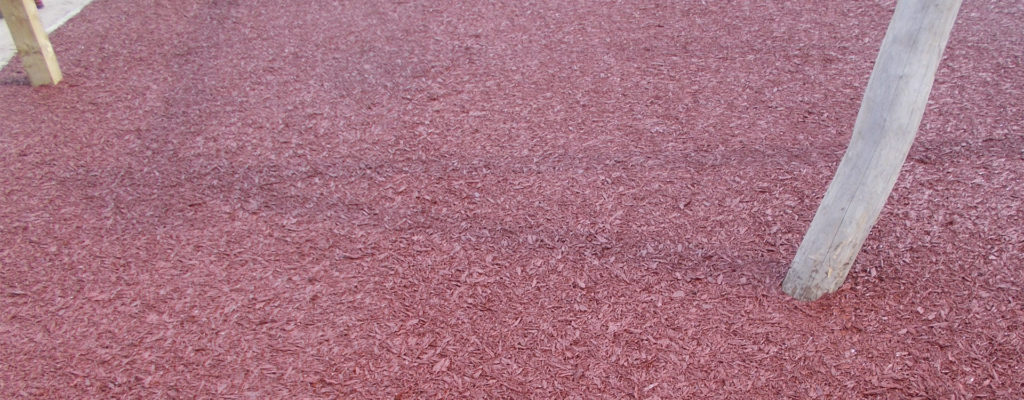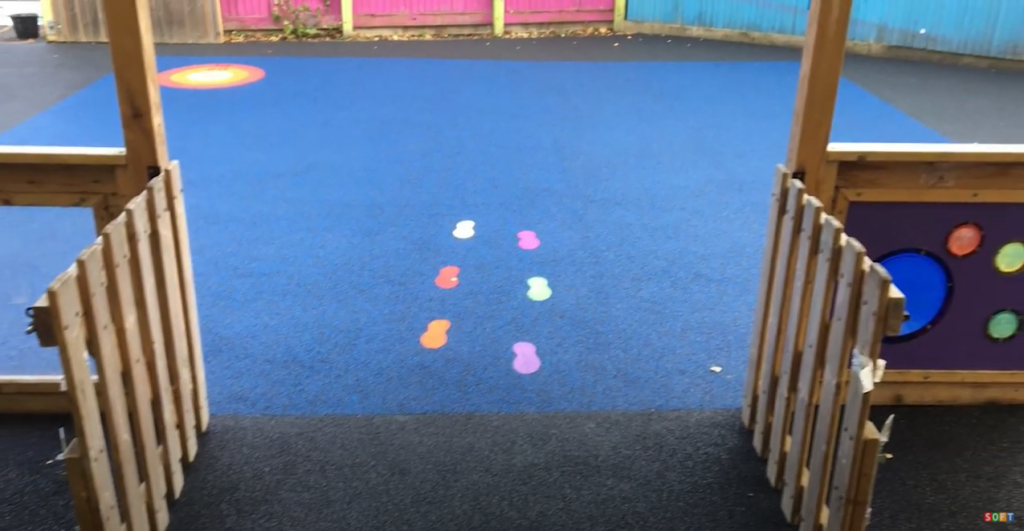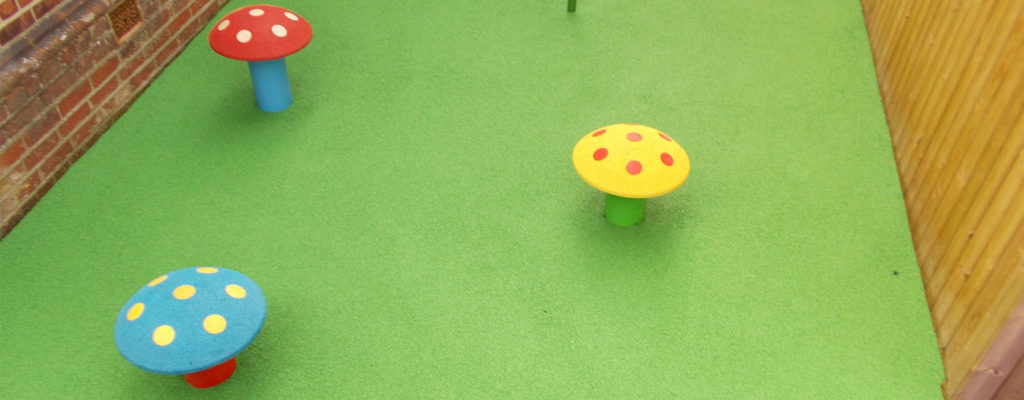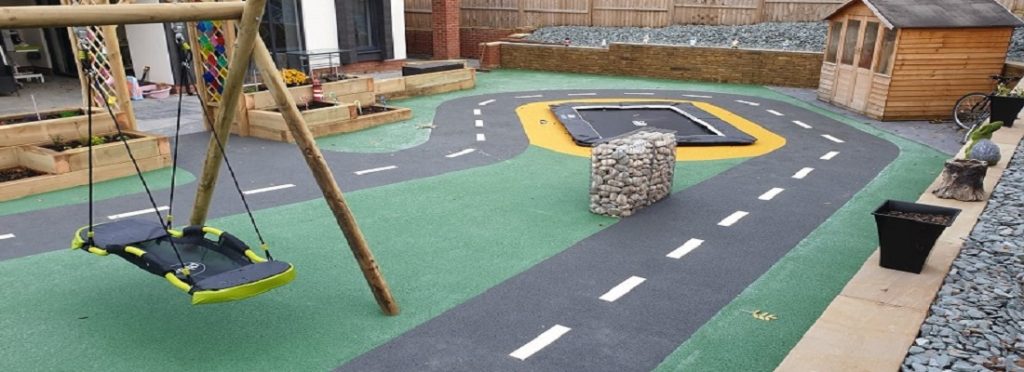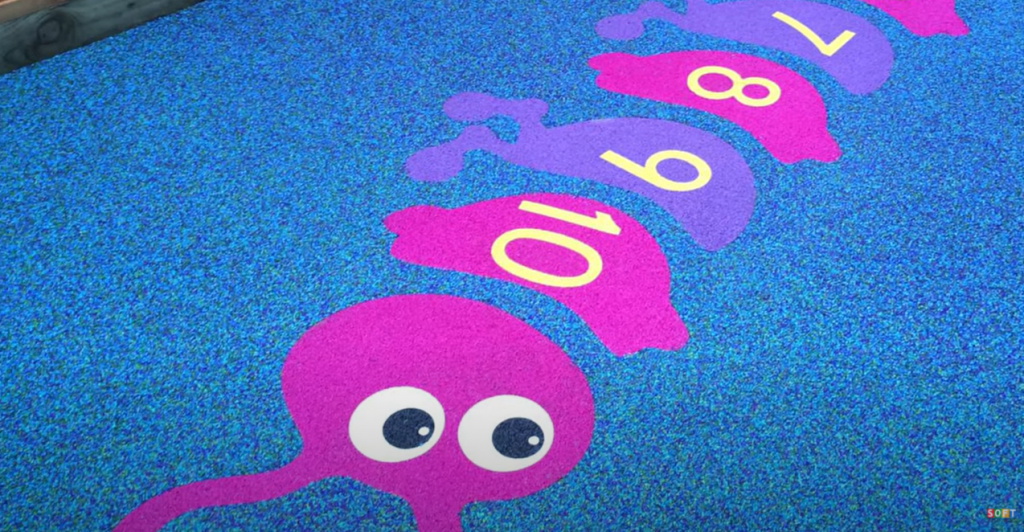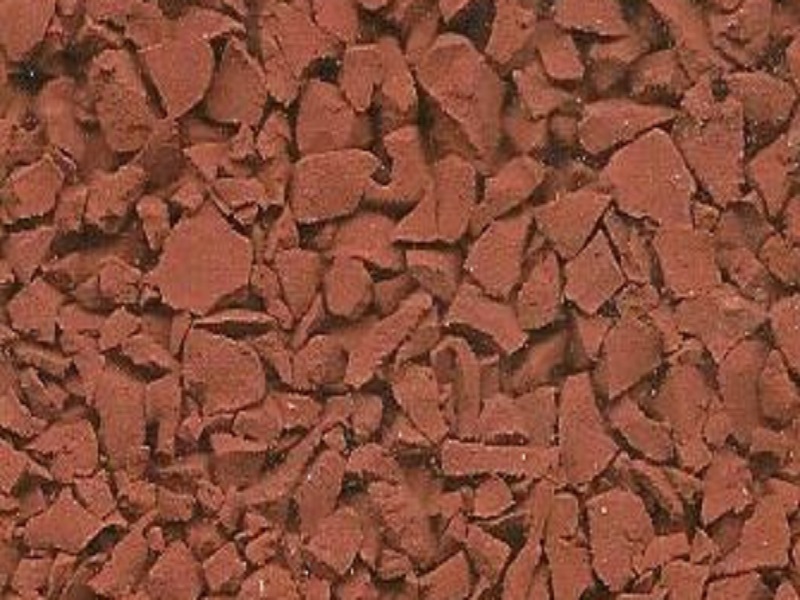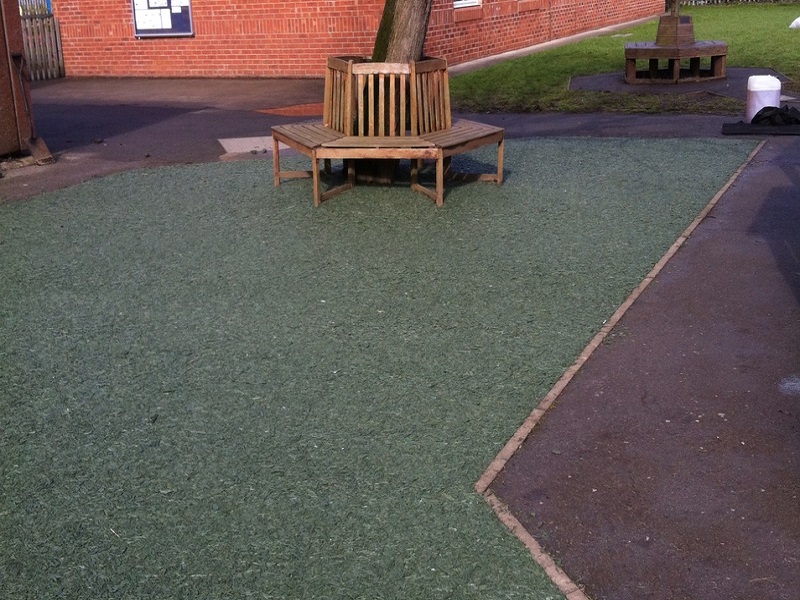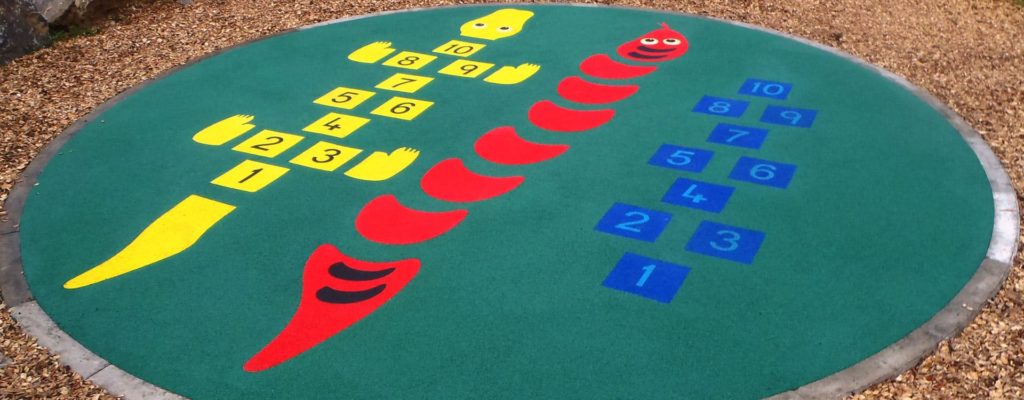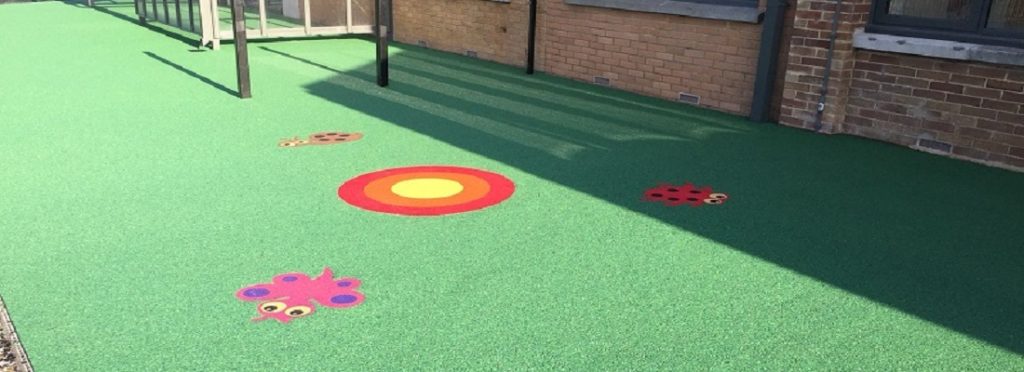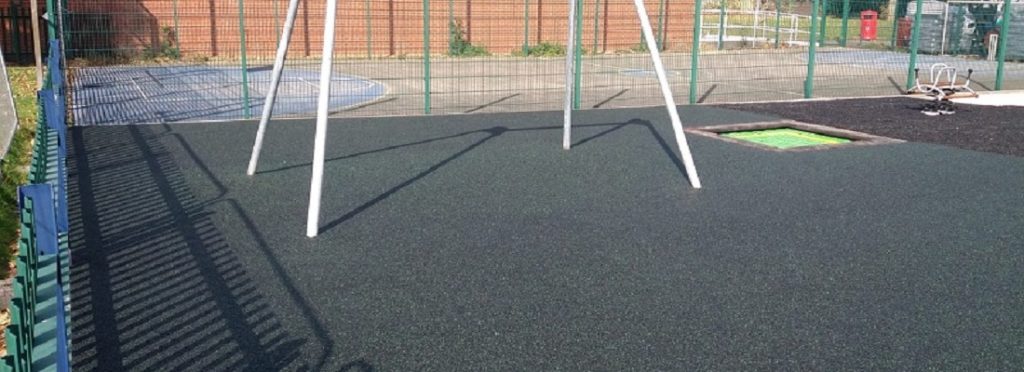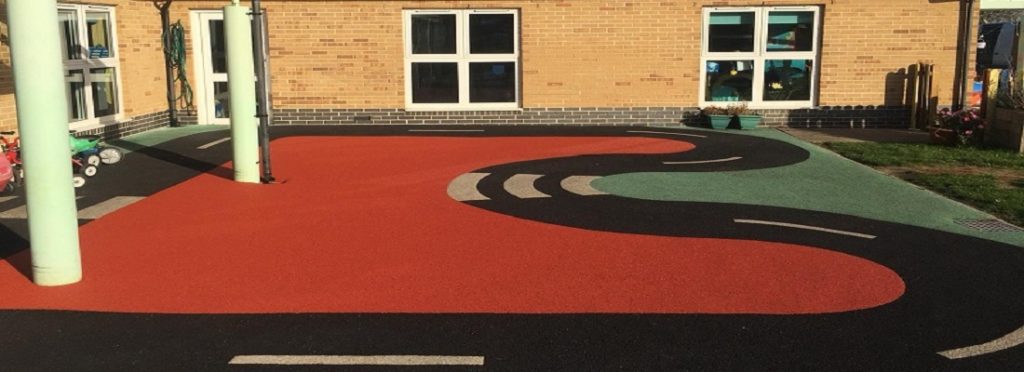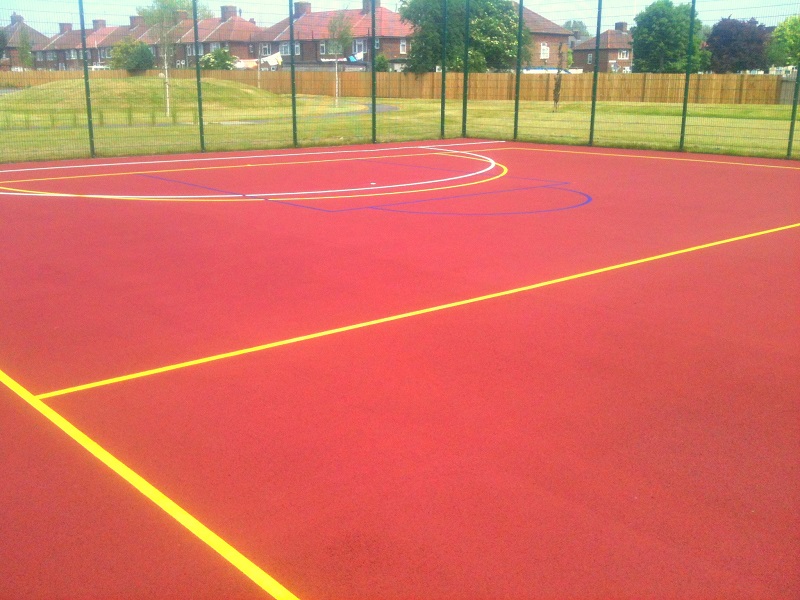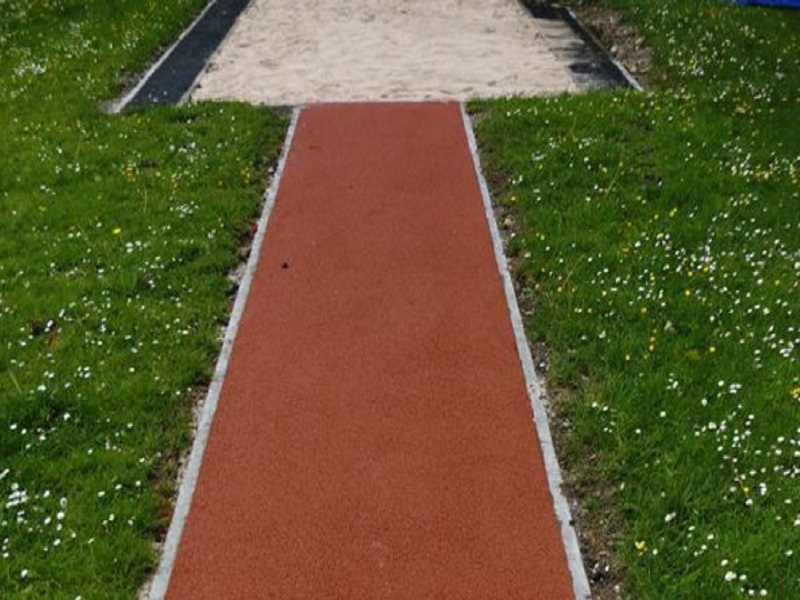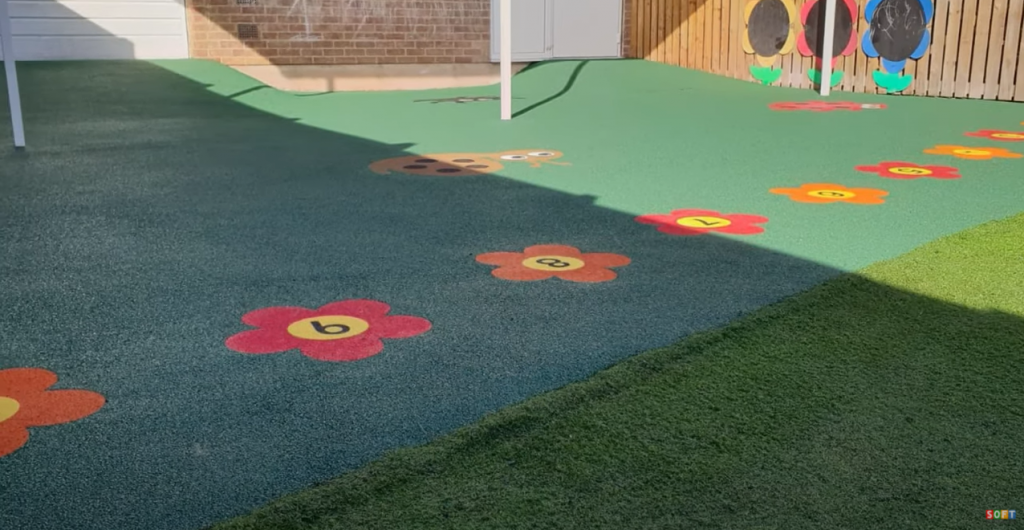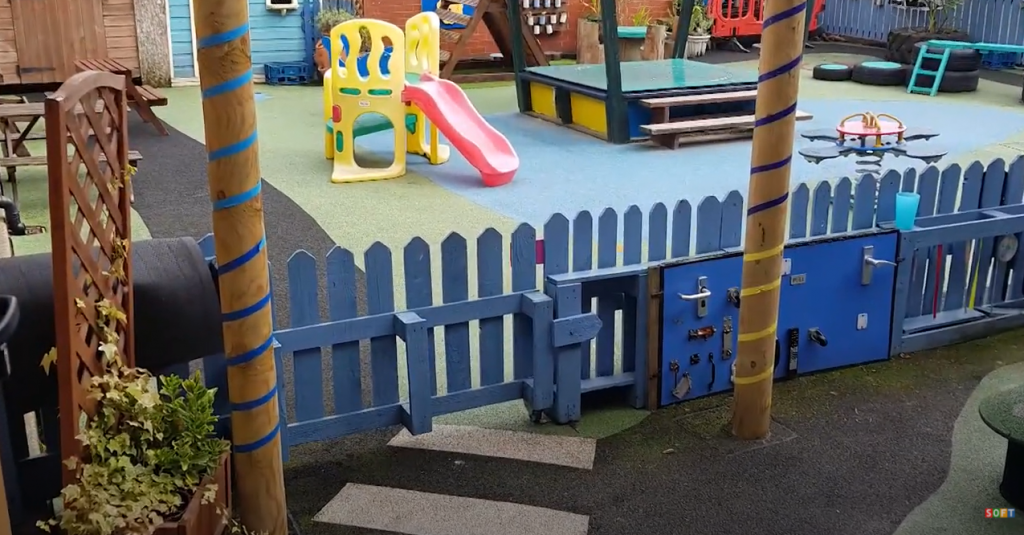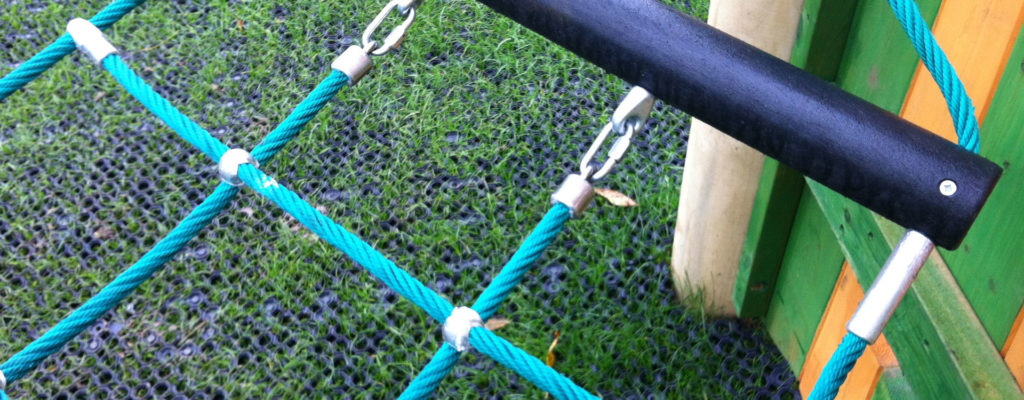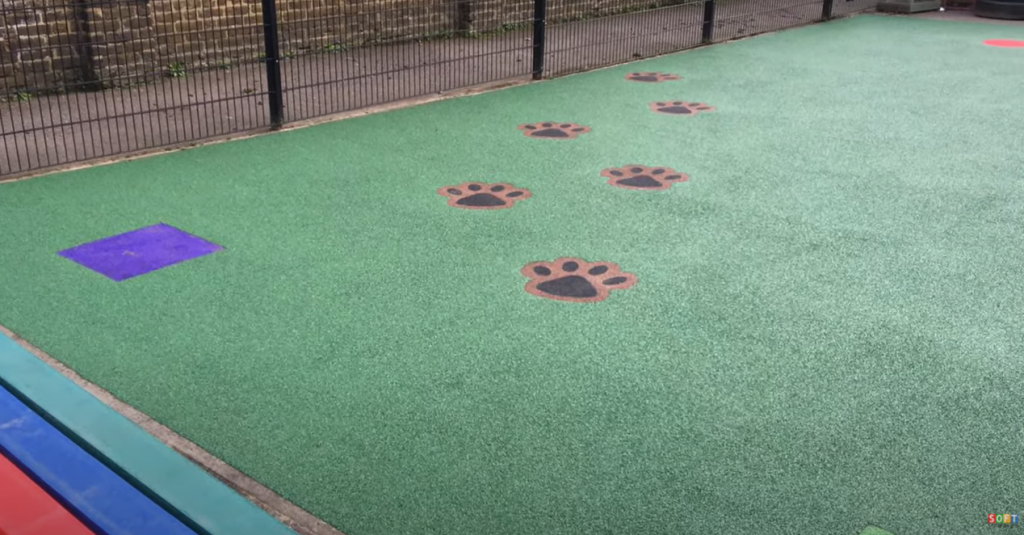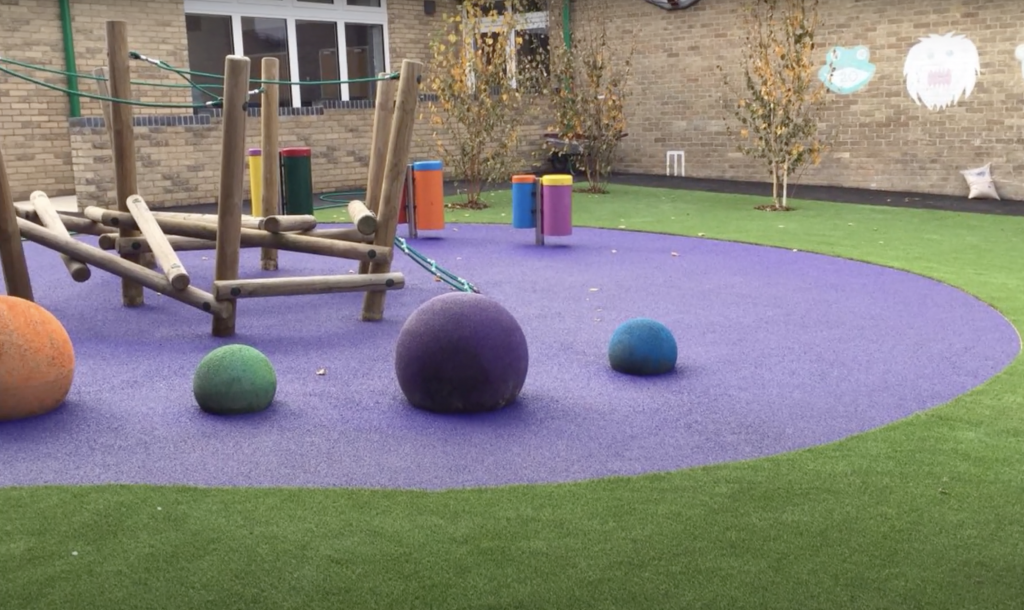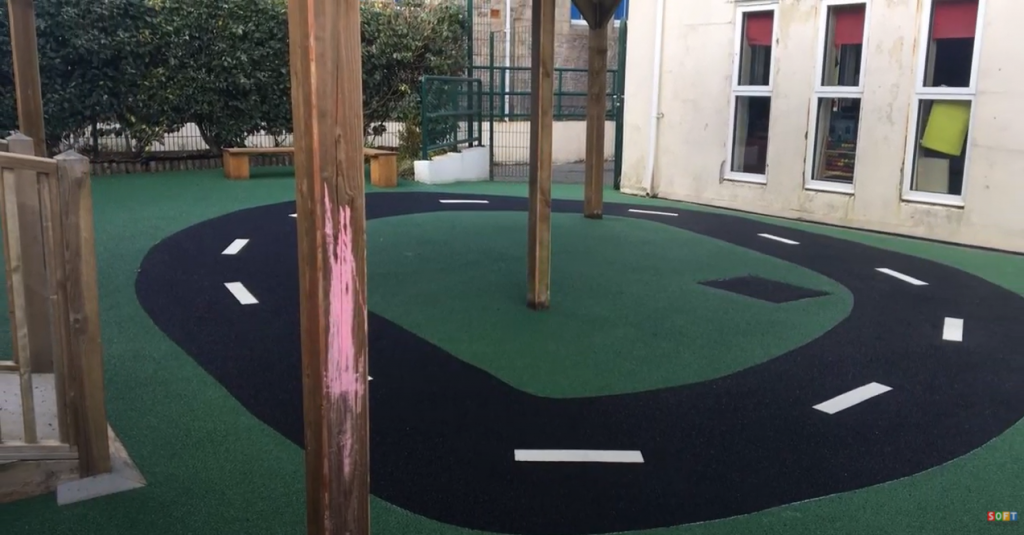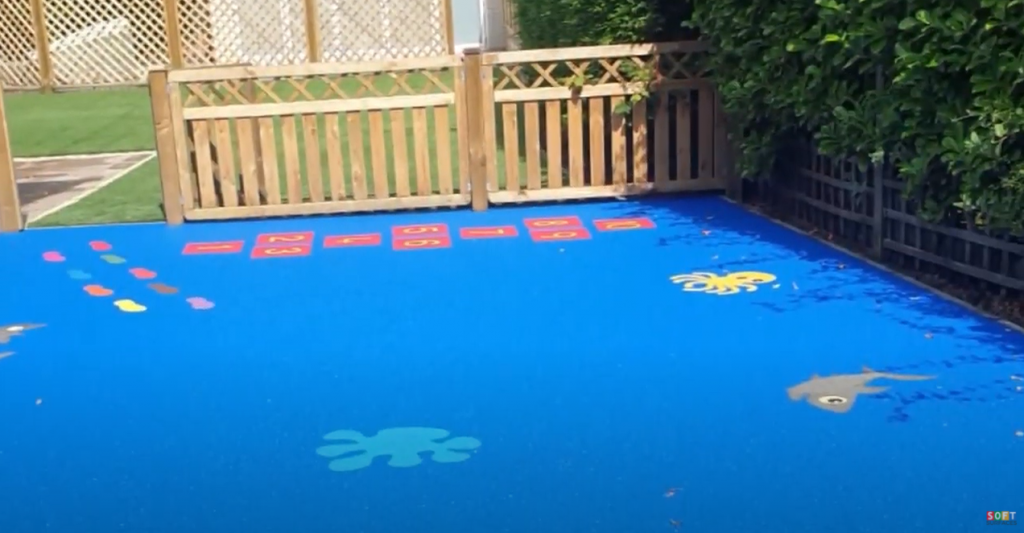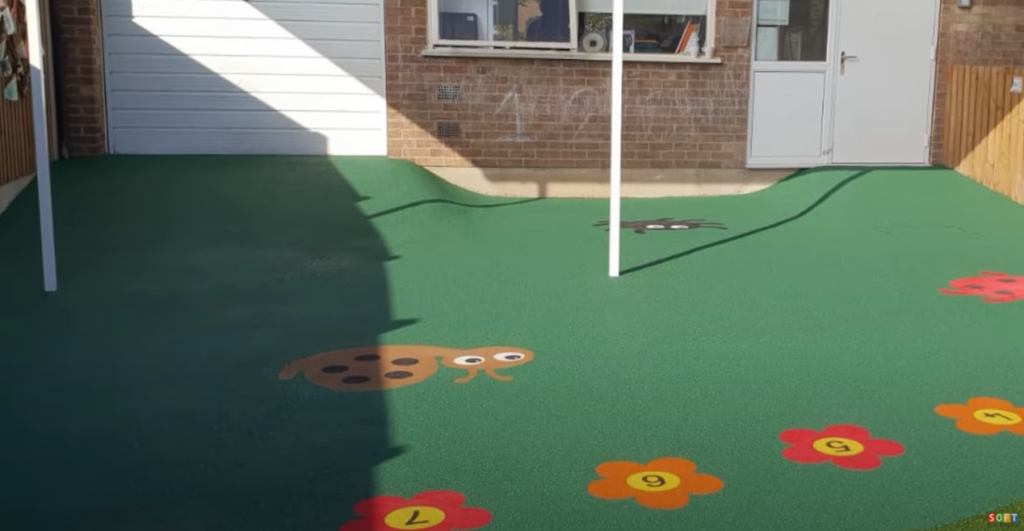
For children dealing with dyspraxia, the playground can seem like a daunting place. Lots of people running around and different pieces of equipment to contend with.
But there are activities which can help those with the condition. Some playground games even encourage improvements in motor skills for kids with dyspraxia. Read on to learn more and see our ideas for activities on the school playground.
What is Dyspraxia?
Dyspraxia is a condition which affects physical coordination. It’s also known as developmental coordination disorder (DCD). The condition causes children to have issues with daily physical tasks. Sufferers tend to lack the motor skills expected for their age, which can lead them to act clumsily.
It’s a physical learning disability which doesn’t affect overall intelligence. But those affected have trouble with everyday tasks and actions. Activities requiring balance, muscle strength and coordination generally pose the biggest challenges. Visit the Dyspraxia Foundation to learn more.
Things children with dyspraxia might find difficult include:
- Running
- Jumping
- Skipping
- Climbing
- Getting dressed
- Eating
- Brushing teeth
How Do You Know If a Child Has Dyspraxia?
There are a few things to look out for if you think your child or pupil might have dyspraxia. Early diagnosis is important in helping kids get the support they need. Below are some of the signs to be aware of:
- Struggling to hold a knife and fork or eating messily
- Difficulty holding pens and pencils
- Avoiding taking part in playground games or PE
- Problems with hopping, skipping and jumping
- Trouble with organisation and completing tasks on time
- Handwriting may appear less mature than other children of the same age
Playground Ideas for Pupils with Dyspraxia
When it comes to playground games there are a few different types that can be beneficial for children with dyspraxia. Developing gross motor skills is an important part of dealing with DCD, and certain activities can help with this. It’s vital to provide an inclusive play area which is suitable for different levels of ability.
Check out some playground games for dyspraxia below.
- Obstacle courses
- Dancing
- Imaginative games and activities
- Balancing activities
- Playground markings
Read on to learn more details about these different activities for children with dyspraxia.
Obstacle Courses
Equipment in the playground can be laid out in an obstacle course which children navigate around. This could include fixed equipment like trim trails, or movable equipment like hurdles and tunnels. Trim trails can improve physical development as well as being a fun and exciting feature in the play area.
These help to boost a range of gross motor skills including balance, muscle strength and coordination. The course can be altered to suit children’s different abilities and to help teachers measure development.
Dance
Dancing is a fun way to let children express themselves and do physical activity at the same time. You could encourage children to make up their own routines or simply freestyle and do whatever steps they like.
A playground stage is a great piece of equipment for something like this. They can also be used for putting on plays or other performances that pupils make up. Alternatively, playground markings are ideal for creating a dance space. These can include a range of shapes and instructions on the ground.
Giving children the option to make up their own routines makes the activity more fun. This makes less confident individuals want to participate more.
Imaginative Games
There are no limits when it comes to imaginative play for children. Not only can these improve thinking skills, they also help kids develop physically. Completing different actions such as hopping like a bunny, swinging like a monkey etc. create a more fun way to do physical activities.
Practising tasks like these will help to strengthen muscles and improve coordination over time. It’s a great thing for any child to do, not just those with dyspraxia.
Balance Activities
For dyspraxic children, balance and coordination can be particularly challenging. It’s a good idea to encourage simple balancing activities which help strengthen these skills.
Starting on flat ground may be the safest option for those with a physical condition. You could start off by asking the child to walk slowly with one foot in front of the other. Then you can gradually increase the challenge by moving onto elevated surfaces.
These could include bridges, balance beams, stepping stones and more. But always make sure that playground safety surfacing is available in the area to create a softer landing if there is a fall.
Playground Markings
There are so many different types of playground markings you could have installed to your play area. These are great for educational games and stimulating children to come up with their own activities.
You can choose from a range of brightly coloured designs which are encouraging and fun for children. A few options include:
- Hopscotch
- Activity trails
- Fitness courses
- Mazes
- Number and letter games
- Geometric shapes
- Footprints
These can help kids with balance and coordination. They are also good fun dyspraxia games on the playground. Some of these activities can also be helpful for children with Dyscalculia, another invisible disability that can affect play time.
Find Out More
Feel free to contact us if you’d like more information on making your playground a friendly place for children with dyspraxia. There are so many different types of equipment and games you could implement.
- 4 Ideas for Teaching Organisation on the Playground
- 4 Reasons Why Schools Have Artificial Grass
- Activities to Teach Kindness on the Playground
- All Weather Surface Children’s Playground Safety Flooring
- Artificial Grass and Rubber Mulch Surfacing in Derby, Derbyshire
- Artificial Grass and Wetpour Pathway Installation at a School in Birmingham
- Artificial Grass and Wetpour Roadway Construction in Liverpool
- Benefits of a Mud Kitchen for a School Playground
- Benefits of Climbing in Primary School
- Benefits of Sensory Activities for Individuals With Autism
- Bespoke Playground Surfacing With Graphics in Northampton
- Best Playground Equipment for Primary Schools
- Black Wetpour & Artificial Turf Construction at a Nursery in Harlow, Essex
- Black Wetpour Flooring Construction in Canterbury
- Children’s Play Area Flooring
- Children’s Sensory Playground Designs
- Colourful Play Area Surfacing in Sheffield, South Yorkshire
- Colourful Playground Flooring Design in Cardiff, Wales
- Colourful Rubber Playground Flooring in Wakefield, West Yorkshire
- Colourful Rubber Playground Flooring Installation in Wakefield
- Colourful UK Playground Surfacing in Bedfordshire
- Cooperative Play Ideas for Kids
- Costs of Schools Playground Safety Surfaces
- Creating a Storytelling Area in Your Playground
- Day Care Playground Safety Flooring in Stoke, Staffordshire
- Den Building Ideas for Schools
- Early Years Outdoor Play
- Educational Play Designs
- Educational Playground Surface Installation in Brighton
- Educational Playground Surface Installation in Brighton, East Sussex
- Encouraging Risk Taking in Outdoor Play
- EPDM Rubber Play Area Flooring in Luton
- EPDM Rubber Play Area Flooring in Luton, Bedfordshire
- EPDM Rubber Play Area Surfacing in Leeds, West Yorkshire
- EPDM Rubber Wetpour Flooring in Newcastle, Tyne and Wear
- EPDM/SBR Rubber Surfacing Playground Flooring
- Expressive Arts Playground Ideas
- How Do I Apply for Grant Funds for a Play Area in the UK?
- How Do Wet Pour Repair Kits Work
- How Playing Outside Can Reduce Stress and Anxiety
- How to Encourage Phonics Learning on the Playground
- How to Prepare Your Playground for Winter
- How to Refresh Your School Playground
- Imaginative Play Ideas for Kids
- Impact Attenuating Playground Surfacing
- Improving Children’s Mental Health With Play
- Inclusive Playground Equipment for Schools
- Independent Learning Activities for Kids
- Lap, Leap, Neap Play Area
- Large Wetpour Play Area Surface in Stockport
- LEAP Local Equipped Area for Play
- Learning Through Play – Psychology and Theories
- Managing Behaviour Through Active Outdoor Play
- NEAP Neighbourhood Equipped Area for Play
- Needlepunch Playground Construction in Kilmarnock
- Nursery EPDM Rubber Surfacing in Wolverhampton
- Nursery Play Area Maintenance
- Nursery Play Area Surfacing
- Nursery Playground Installation
- Nursery School Green Wetpour Overlay in Gloucester
- Ofsted Requirements for Outdoor Play
- Outdoor Maths Games for Children
- Outdoor Nursery School Surfacing in Preston
- Outdoor Nursery School Surfacing in Preston Lancashire
- Outdoor Play Area Ideas for Kids
- Outdoor Play Ideas for Children With Dyscalculia
- Outdoor Playground Roadway Design
- Outdoor Safety Flooring Designs
- Outdoor Wetpour Surfacing Install in Leicester
- Play Area Line Marking Specification
- Play Area Maintenance
- Play Area Surfaces
- Playground Activities for the National Curriculum
- Playground Designs for Sensory Processing Disorder
- Playground Equipment for Schools
- Playground Fencing
- Playground Flooring Repair in Birmingham, West Midlands
- Playground Games for Children With Dyspraxia
- Playground Games to Encourage Speech Development
- Playground Grass Mats Safer Flooring
- Playground Marking Graphics
- Playground Markings
- Playground Safety Surface Construction in Reading, Berkshire
- Playground Safety Surfacing with Graphics in Shropshire
- Playground Surface HIC Safety Flooring
- Playground Surfacing in Hertfordshire
- Playground Surfacing Options
- Playground Wet Pour Flooring in Northamptonshire
- Playground Wet Pour Flooring in Northumberland
- Playground Wet Pour Flooring in Nottinghamshire
- Playground Wet Pour Flooring in Oxfordshire
- Playground Wet Pour Flooring in Somerset
- Poured in Place Rubber Bouncy Playground Surfaces
- Pre School Play Area Surfacing in Wigan, Greater Manchester
- Pre-School Play Area Surfacing in Wigan
- Primary School Outdoor Classroom Funding Grants
- Protective Playground Flooring
- PS4 Activity Games Space Area in Penrith
- Q26 – Wetpour Playground Safety Surfacing
- Rubber Outdoor External Playground Flooring
- Rubber Playground and Artificial Grass Surfacing in Middlesbrough
- Rubber Playground Surface Construction
- Rubber Spheres Play Equipment
- Rubber Tarmac Flooring
- Rubber Tarmac School Outdoor Playground Flooring
- Safety Surfaces For Playgrounds
- Sand and Water Play Activities for Kids
- School Adventure Trail Designs
- School All Weather MUGA Pitches
- School Athletics Track Designs
- School Playground Design and Install in Manchester
- School Playground Graphics
- School Playground Groundworks
- School Playground Ideas
- School Playground Maintenance
- School Playground Marking Designs
- School Playground Surfacing
- Schools Recreational Long Jump Runway Length
- SEN Playground Equipment for Schools
- Small nursery EPDM Rubber Surfacing in Wolverhampton
- Soft Fall Impact Absorbing Playground Surface
- Spongy Nursery School Surfacing in Carlisle
- Spongy Playground Flooring Construction in Woking, Surrey
- Spongy playground flooring construction that we carried out in Woking, Surrey
- Spongy Safer Pour Surfacing for Playgrounds
- Tests for Playground Safety Flooring
- Top 3 Safety Surfaces for Playgrounds
- Top 5 School Playground Trends
- Wet Pour Surfacing and Synthetic Turf Construction in Worthing, Sussex
- Wetpour Flooring & Graphics Installation in Bristol
- Wetpour Playground with Graphics in Salford, Greater Manchester
- Wetpour Safety Flooring with Graphics at a Nursery in Cheltenham, Gloucestershire
- What Is Critical Fall Height?
Simply fill in our contact form or call today to speak to an expert about the costs and designs.
Get expert advice, today call us on
Get a FREE quote from our award winning team
